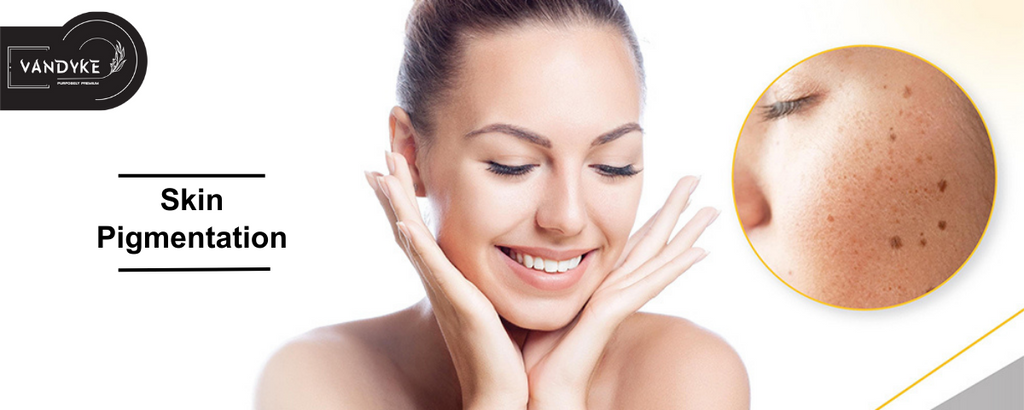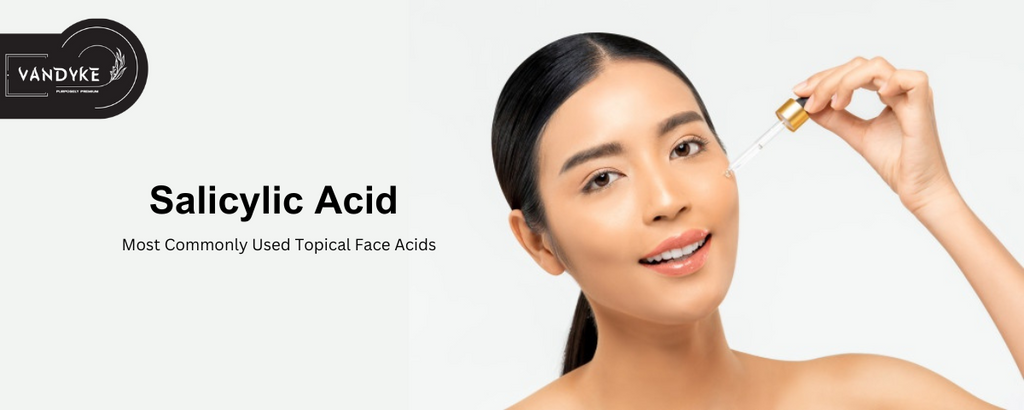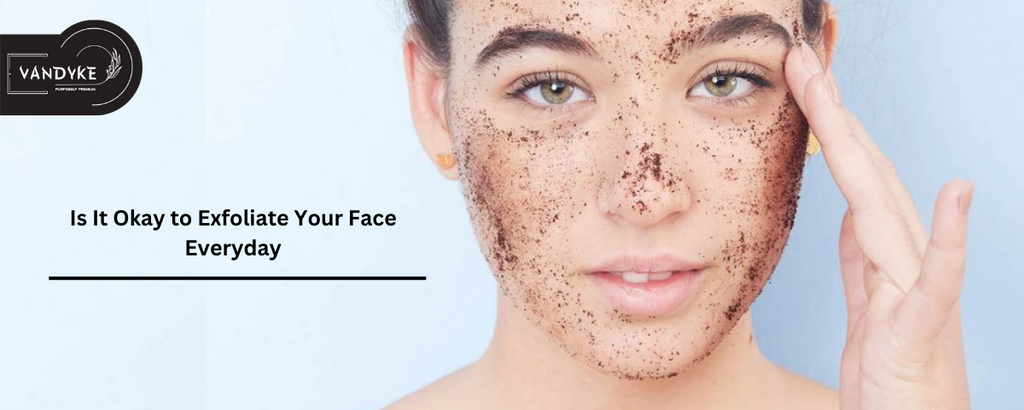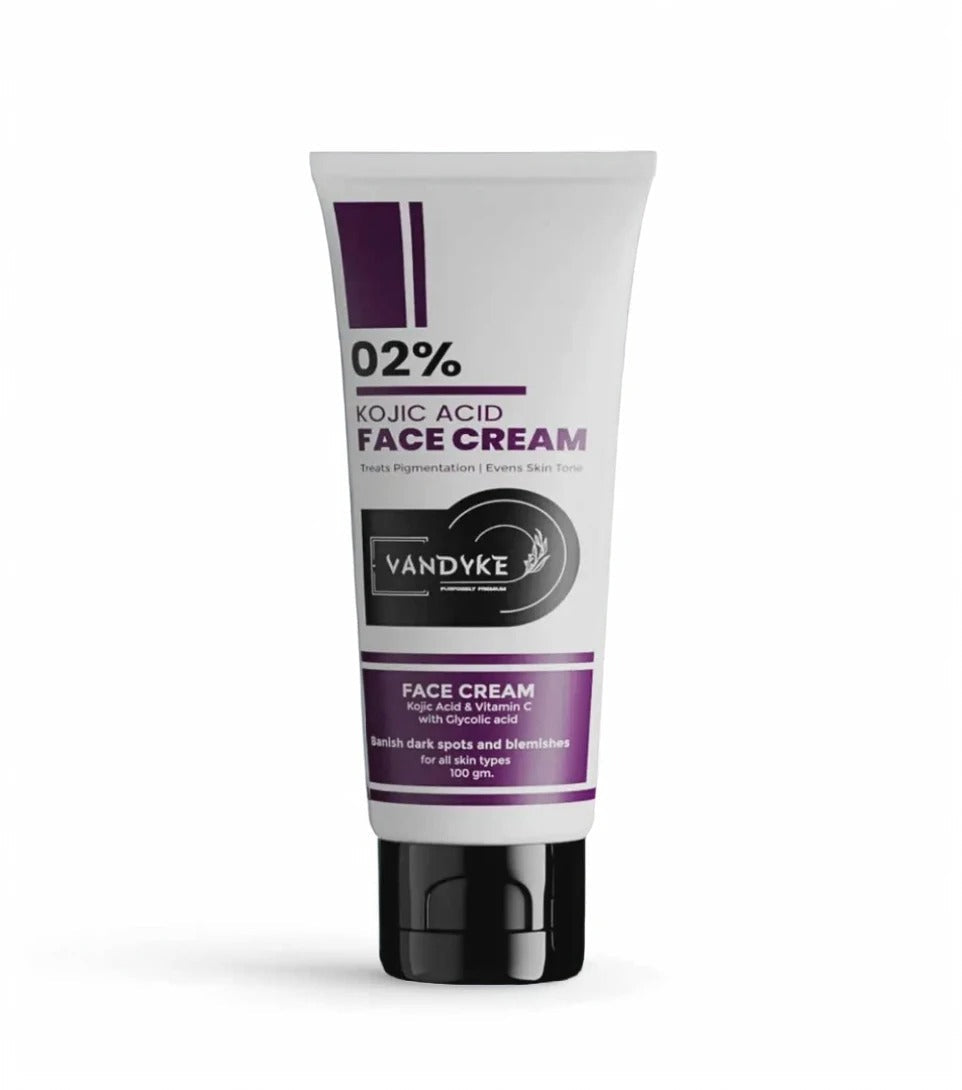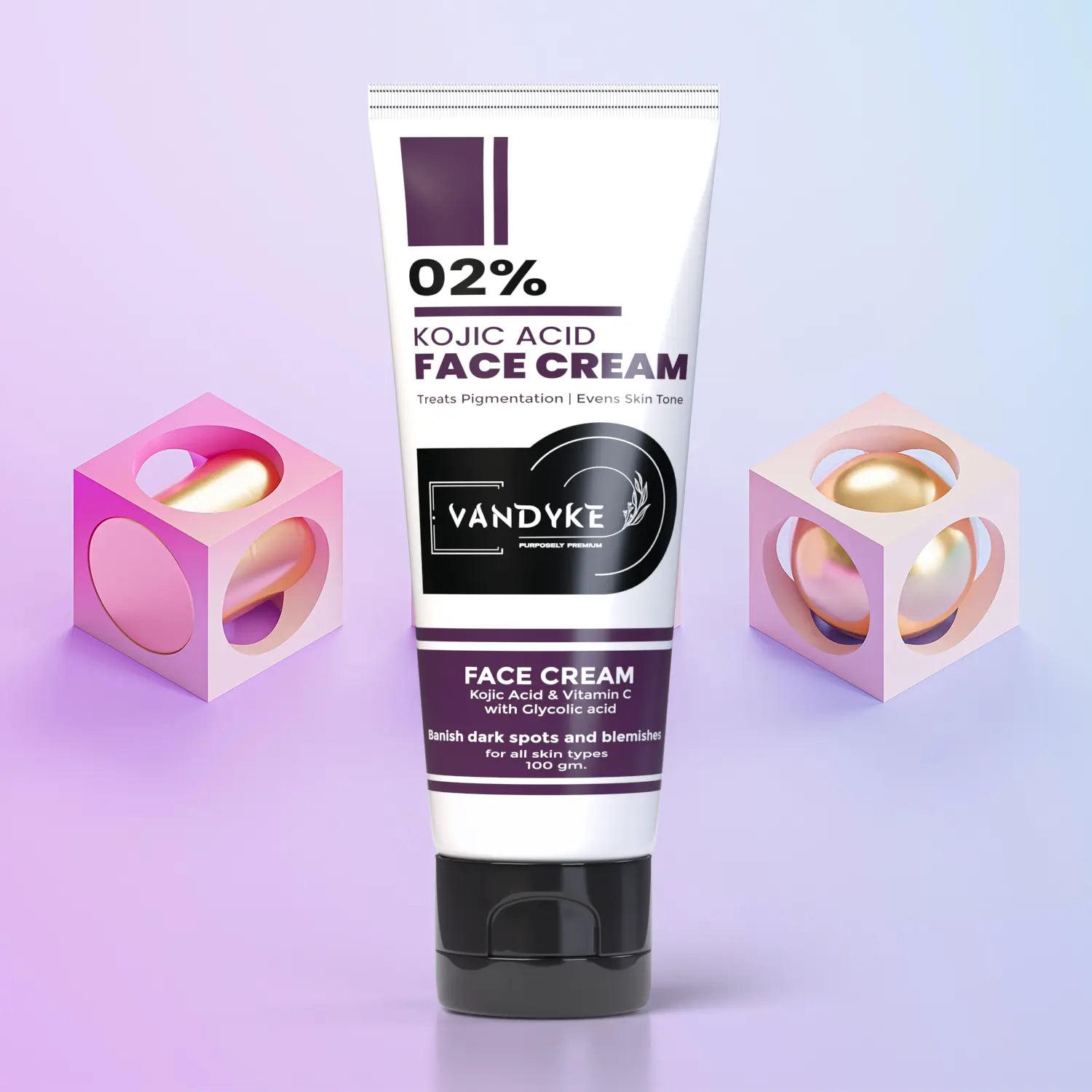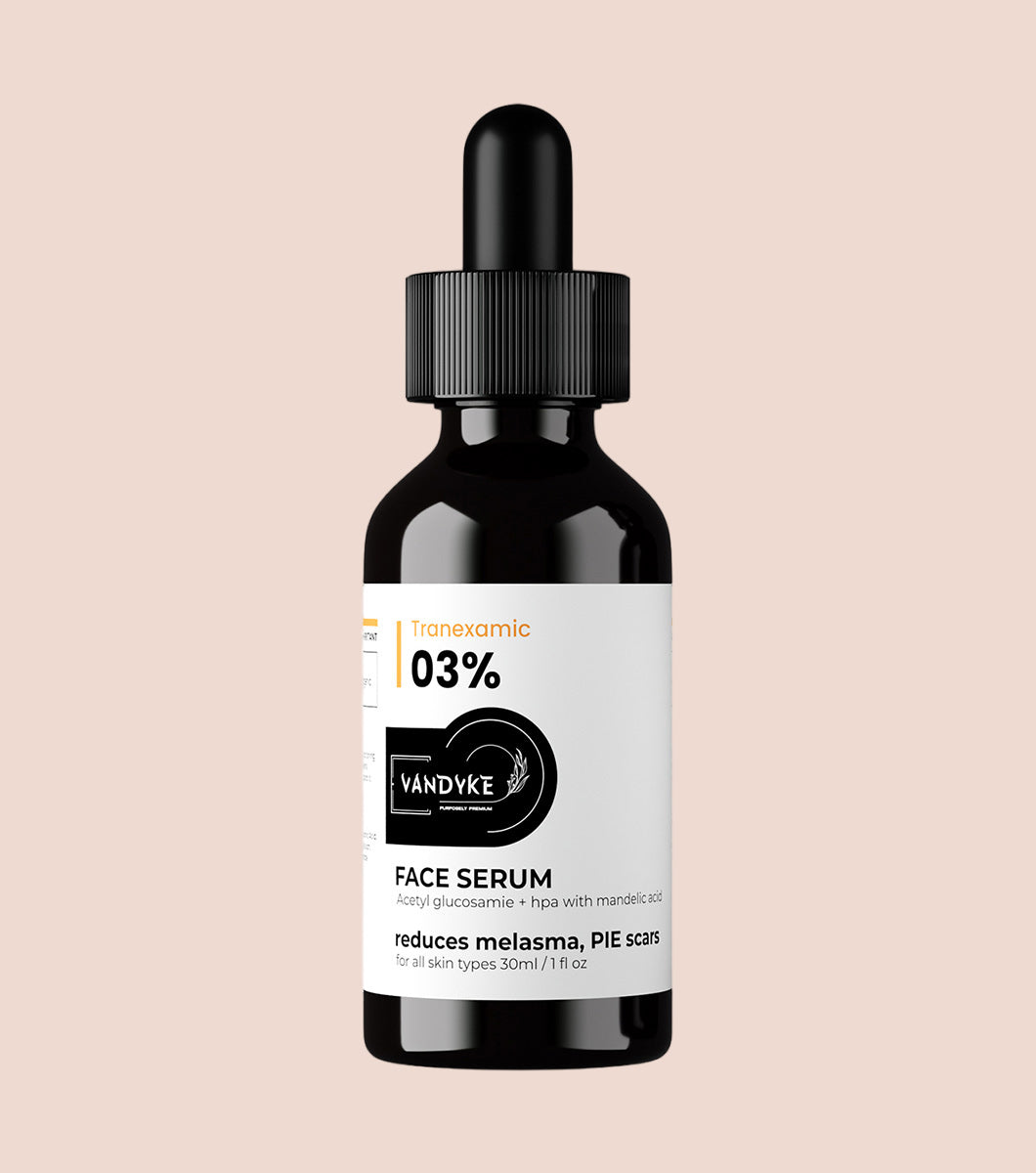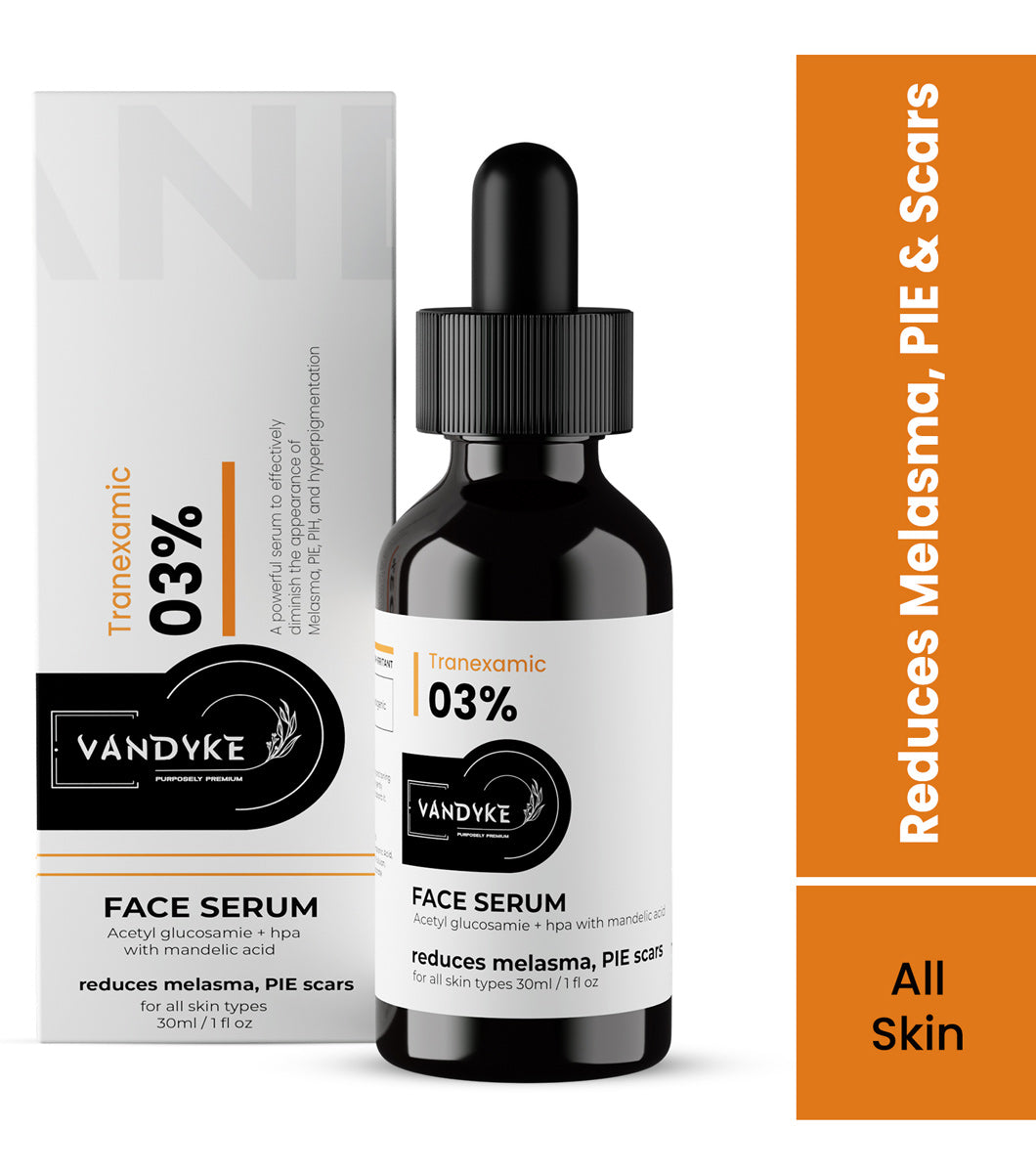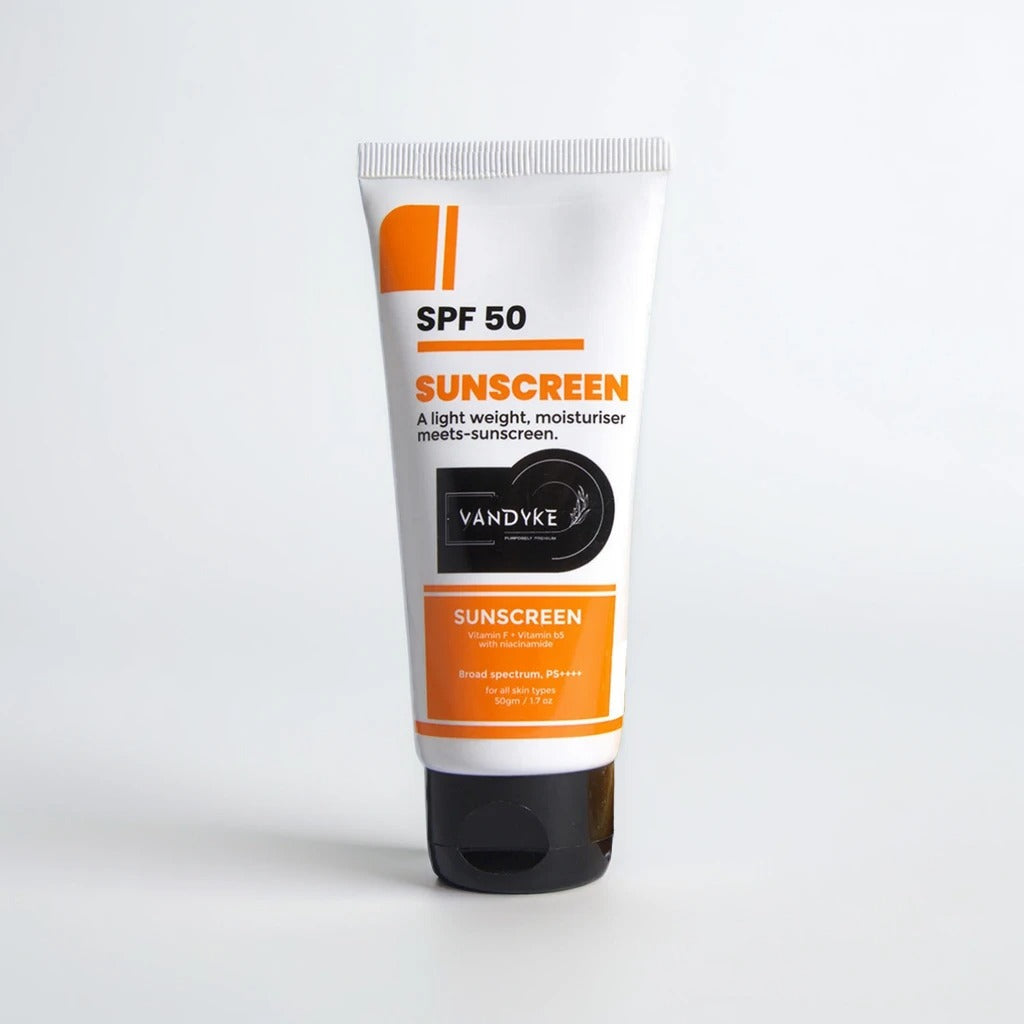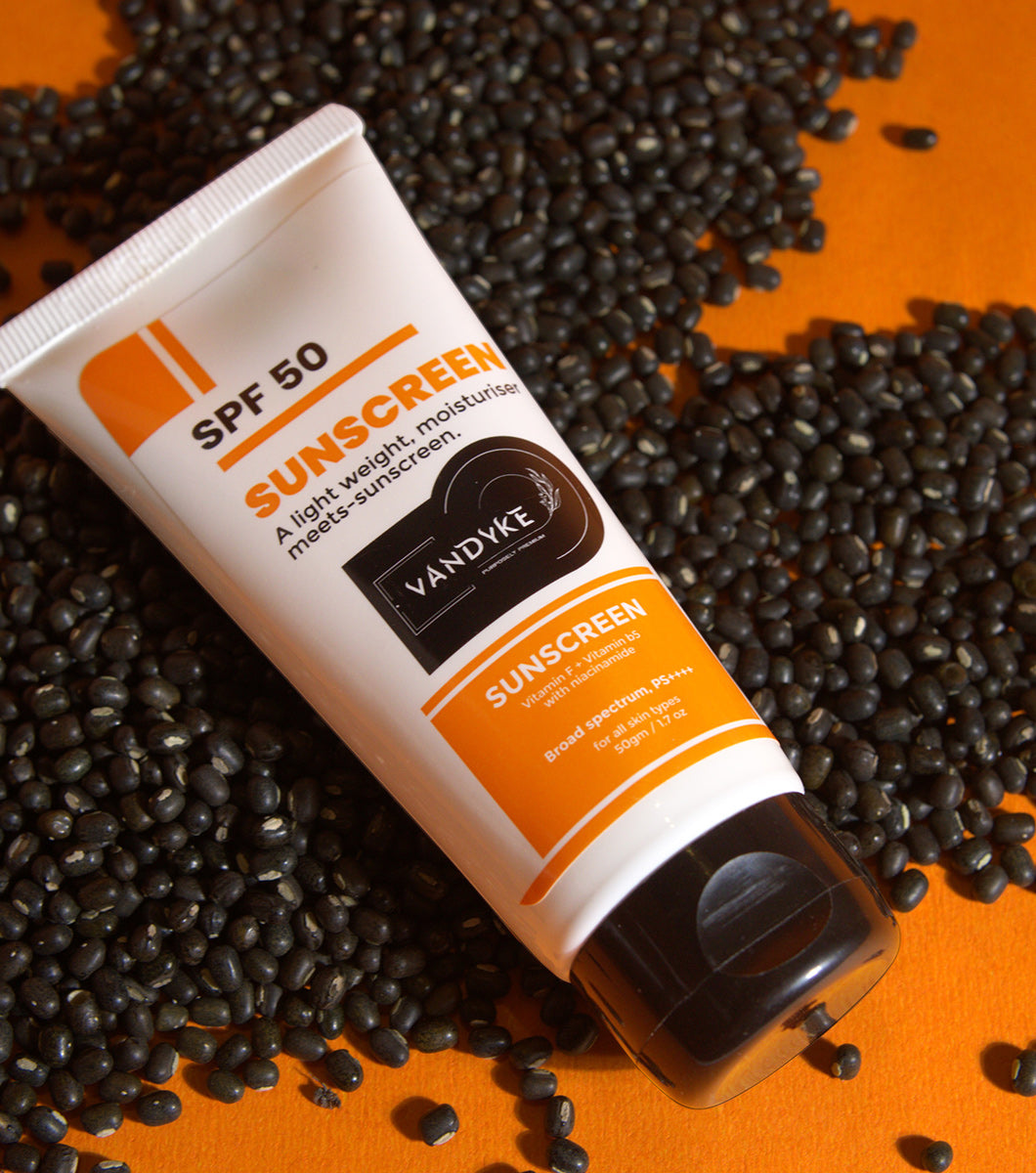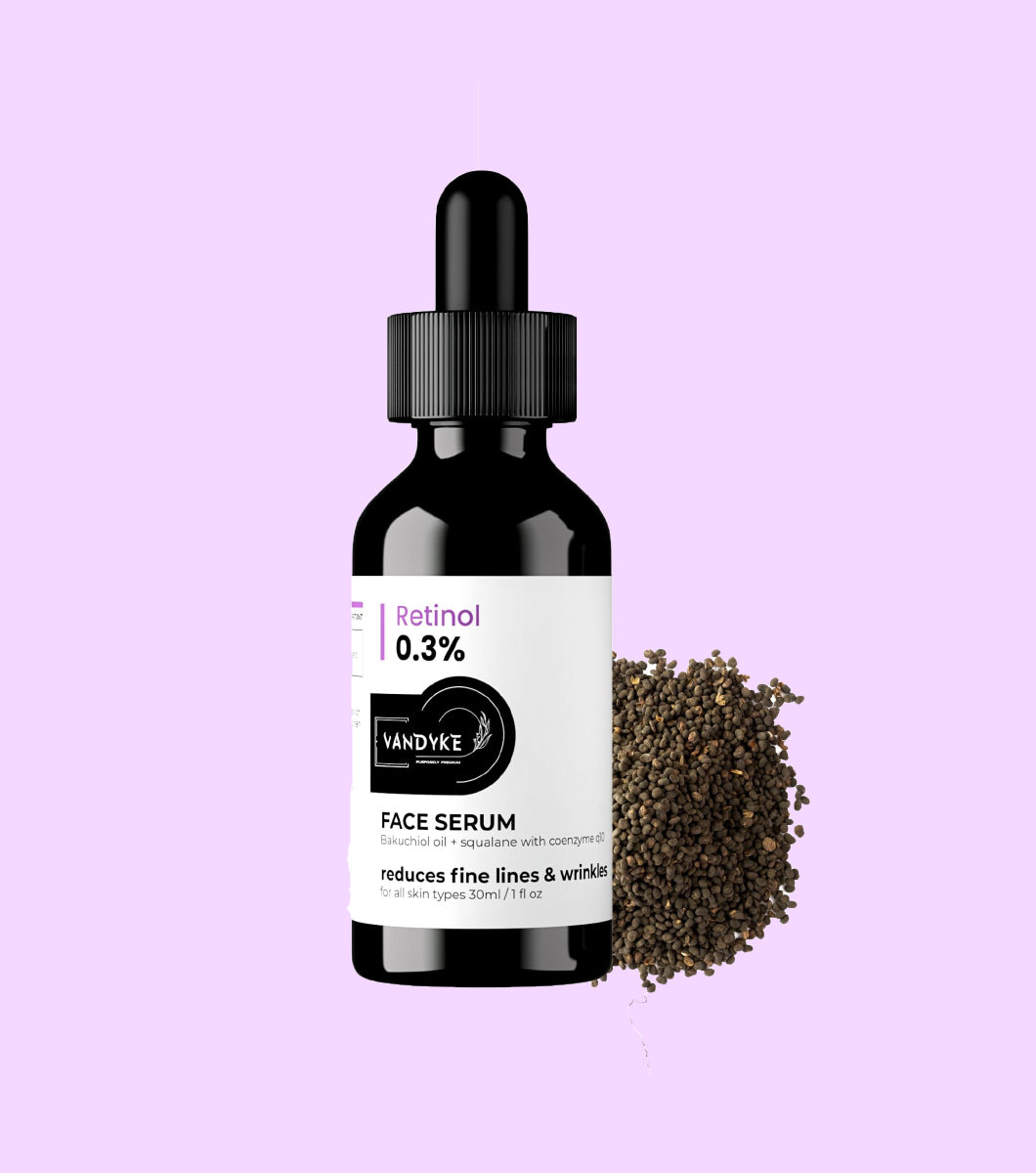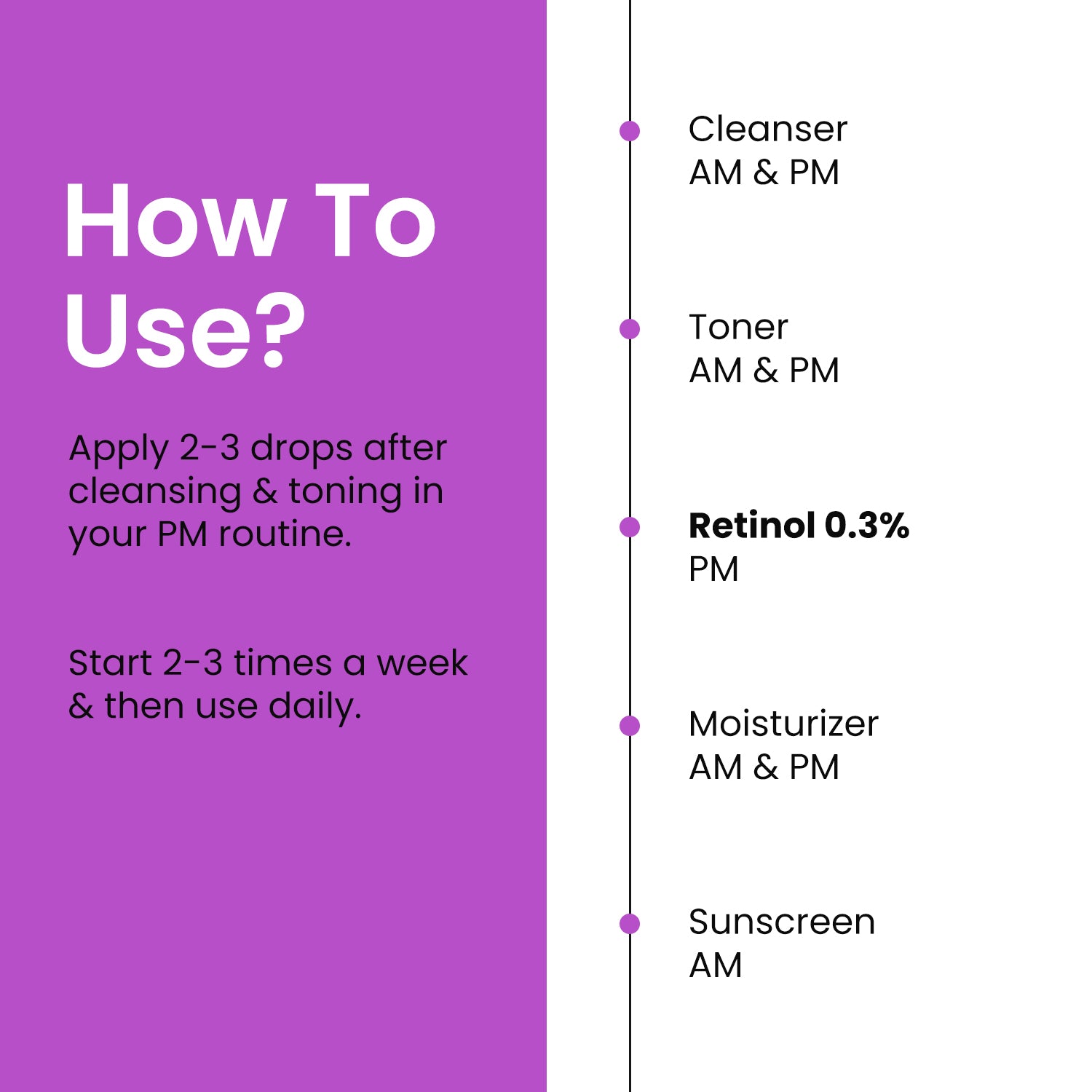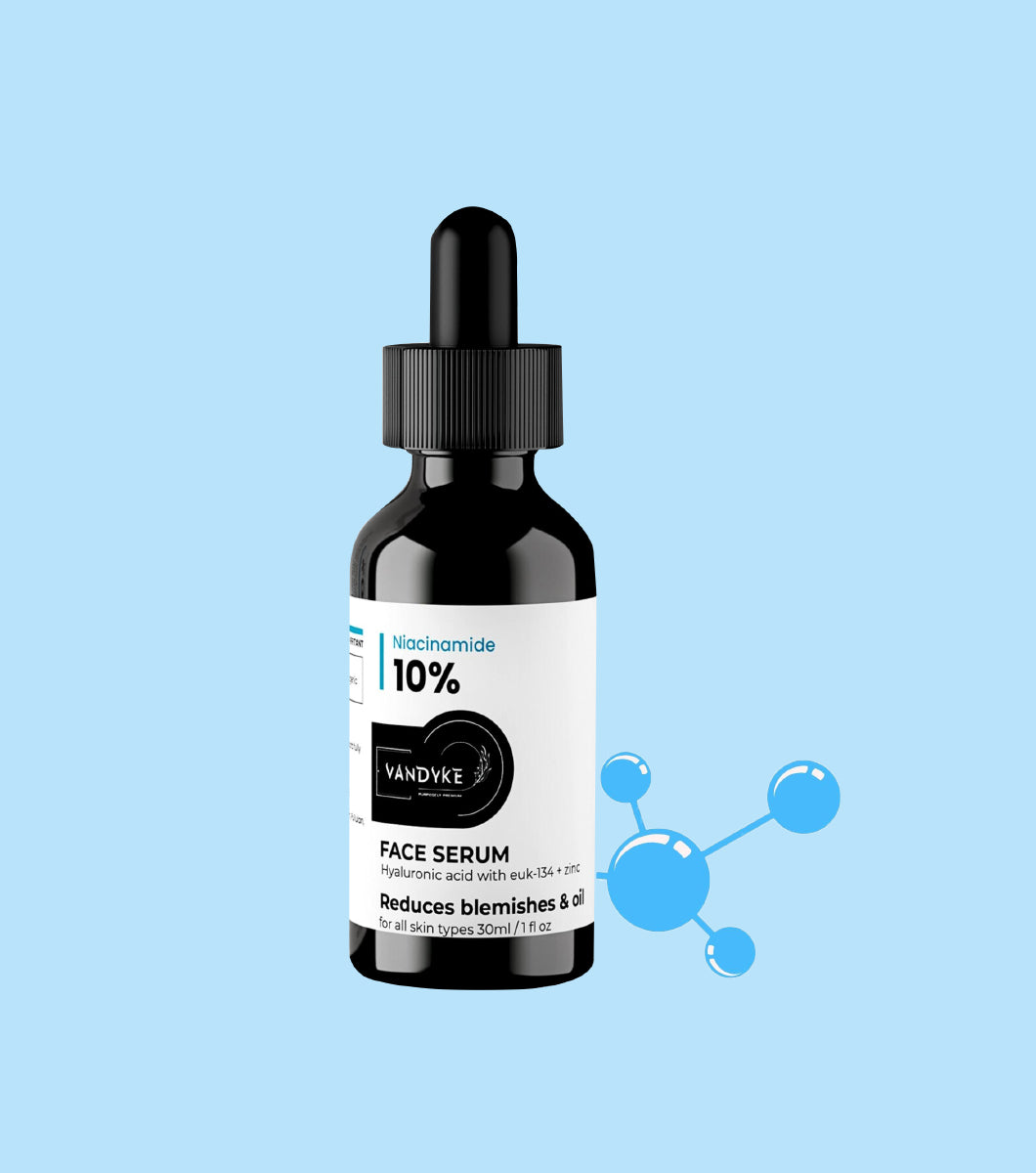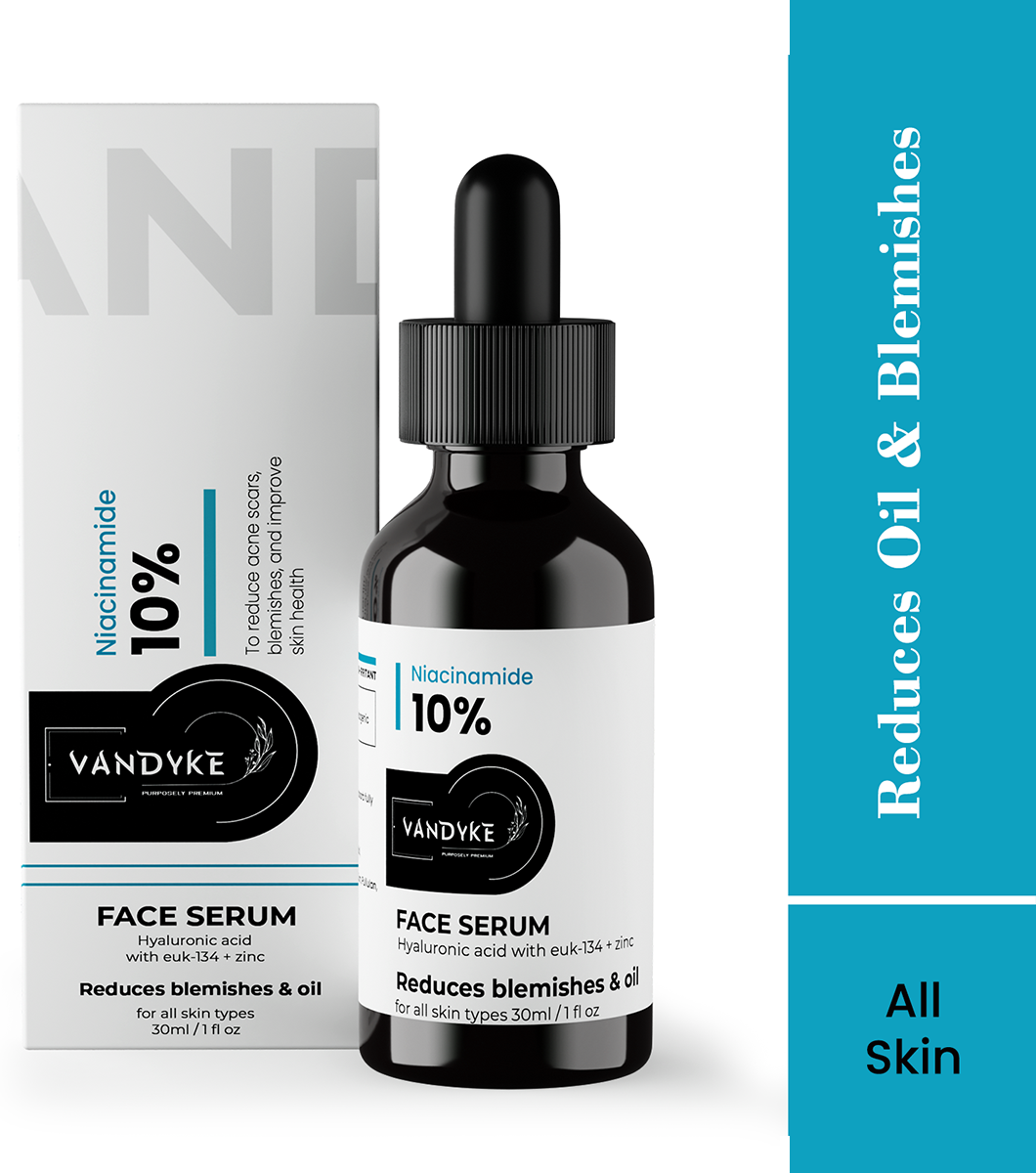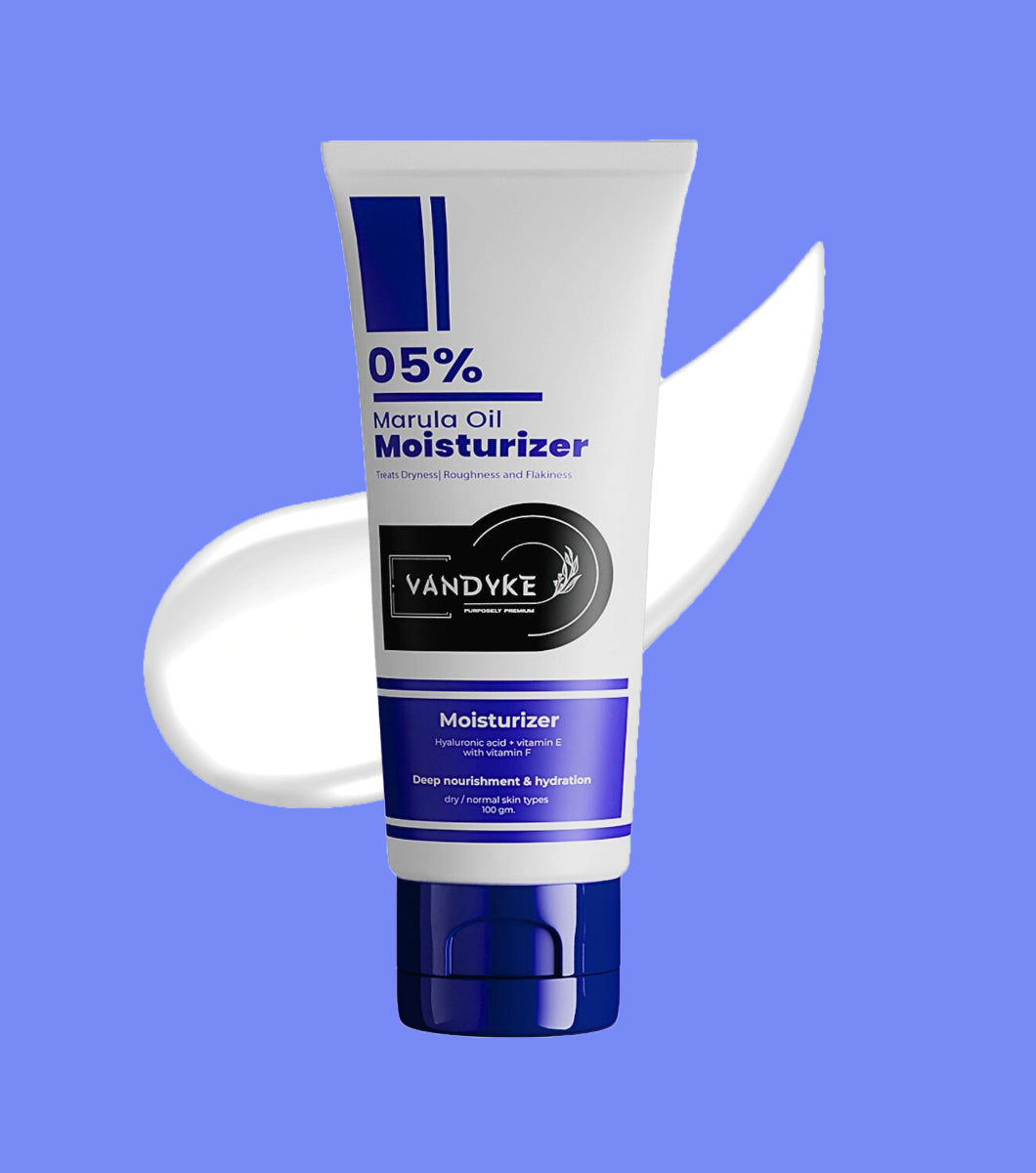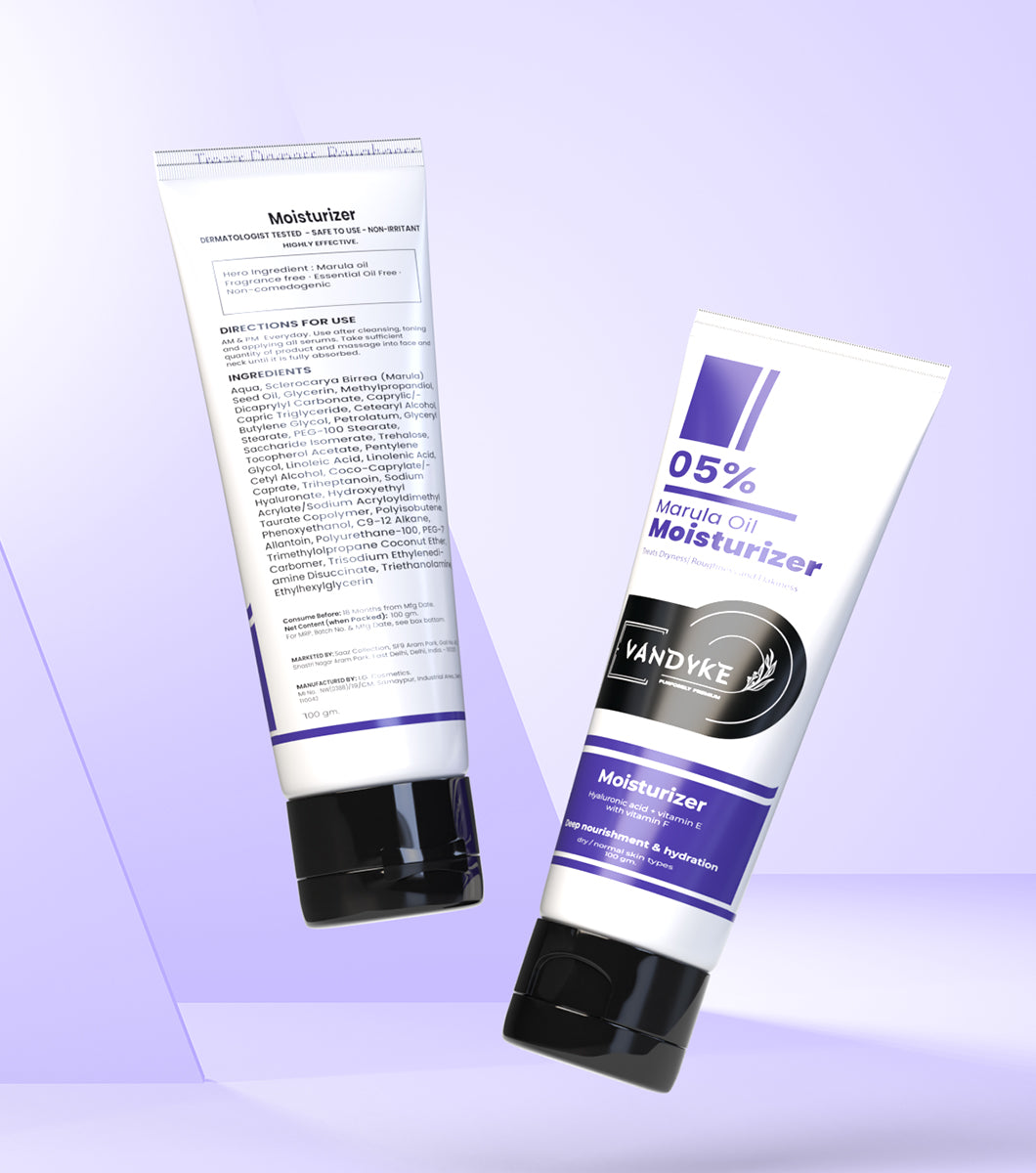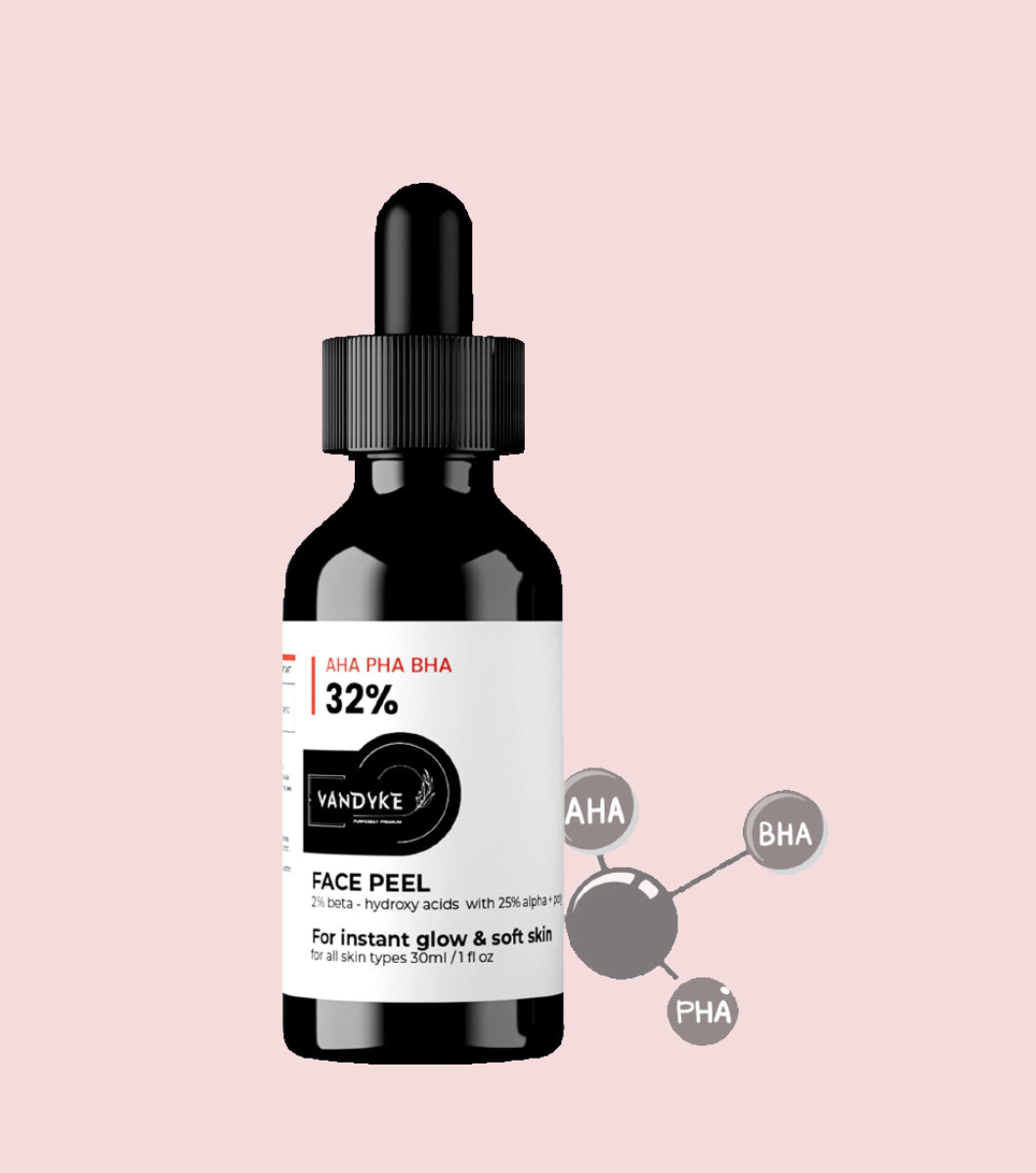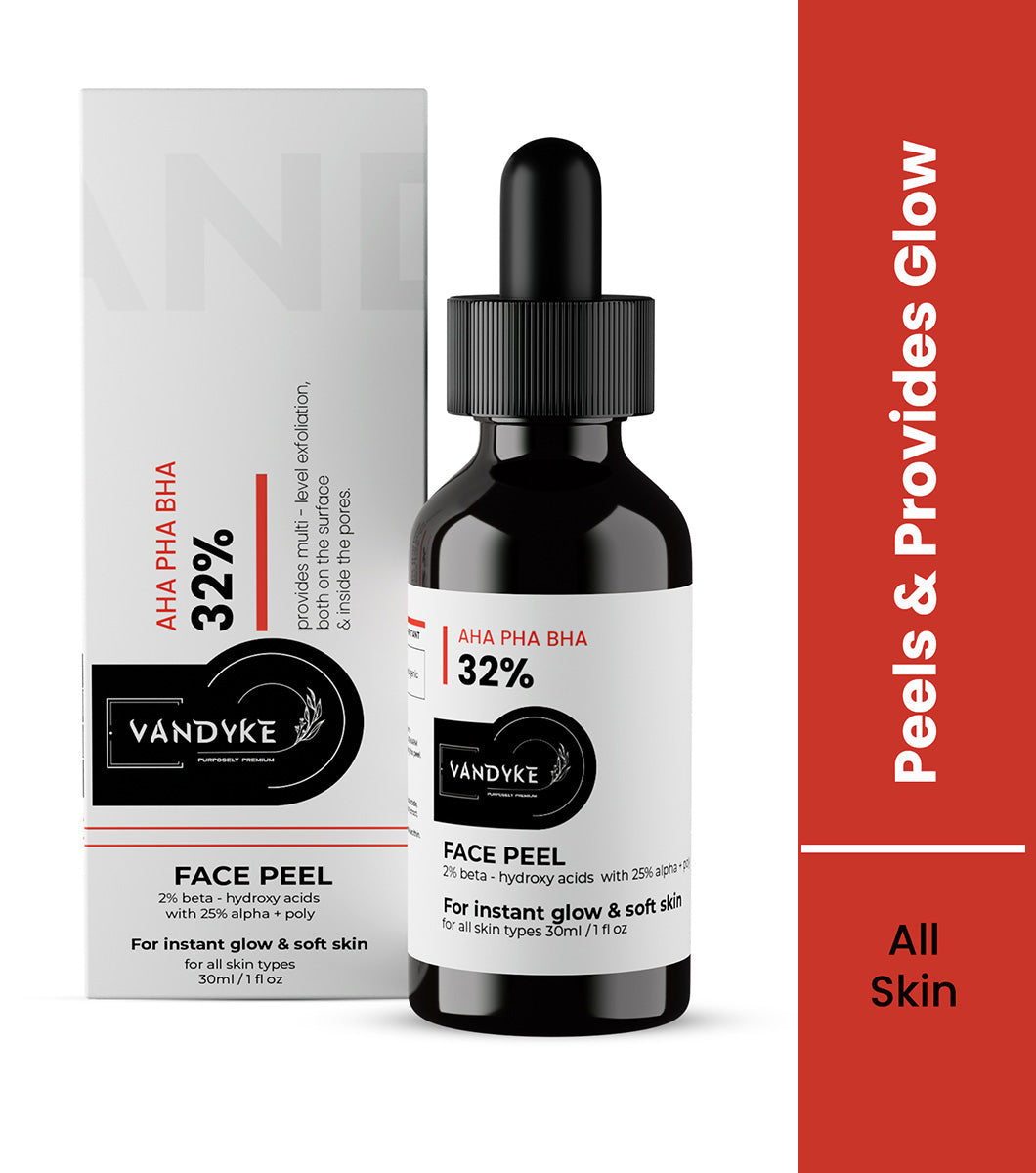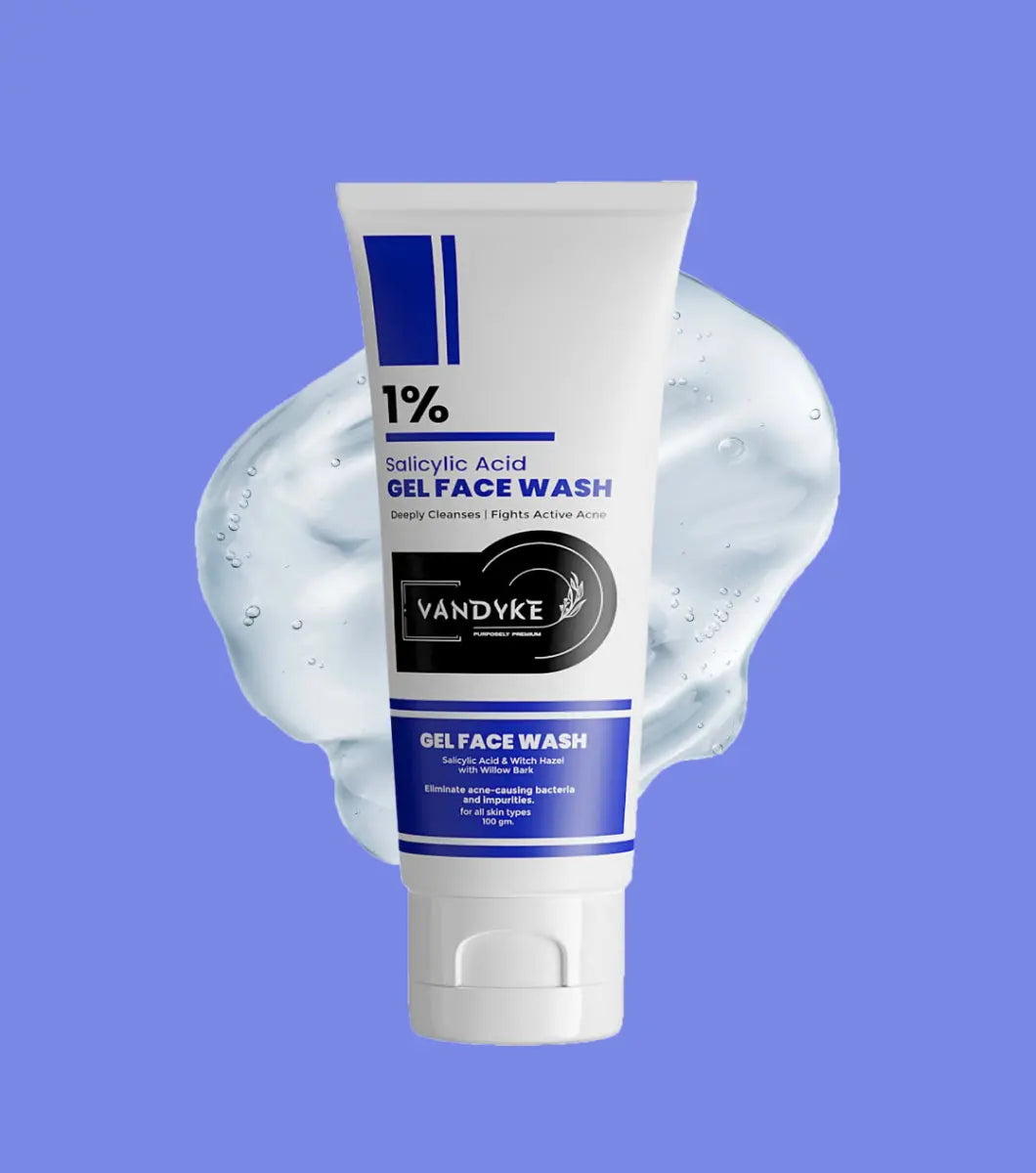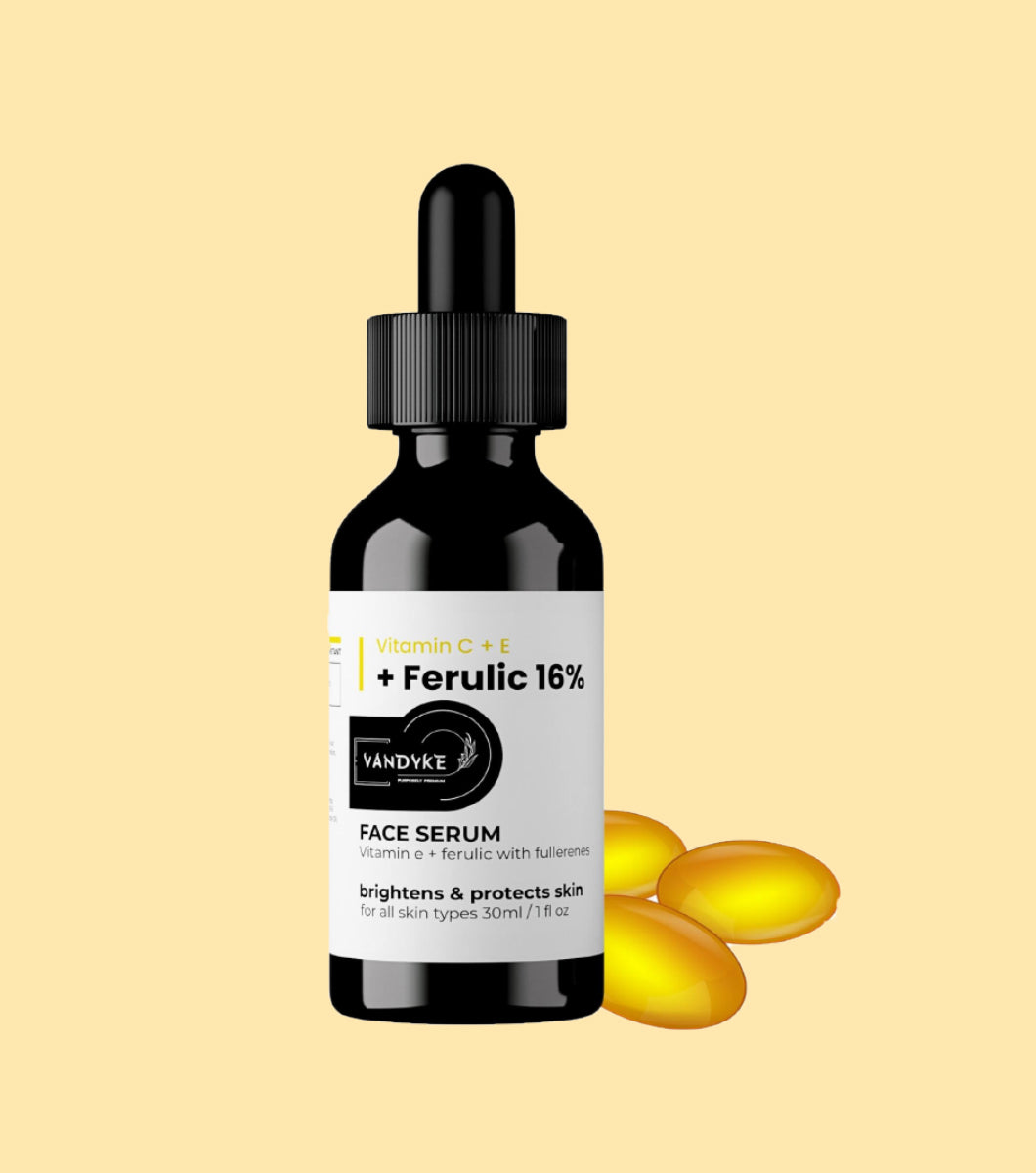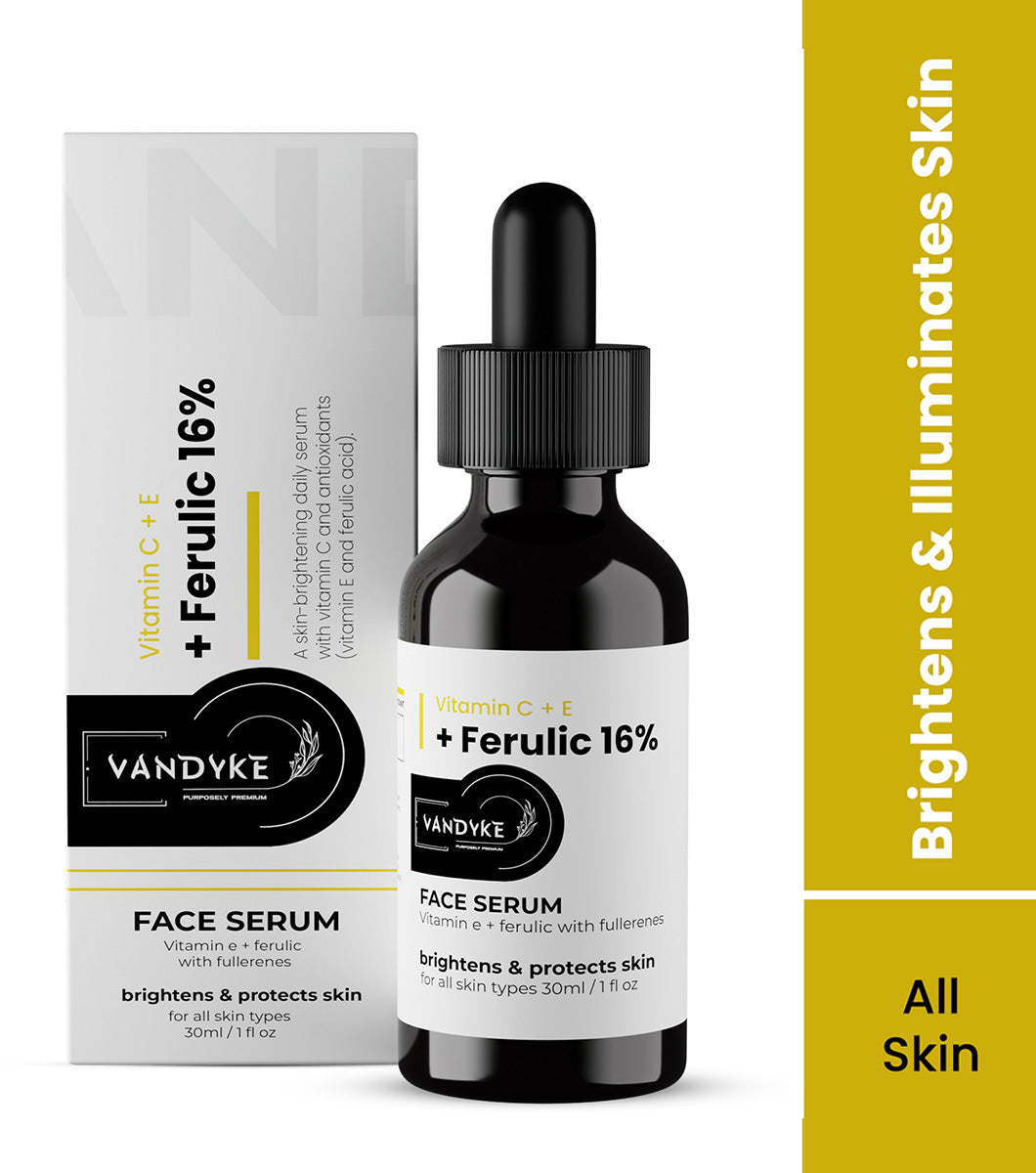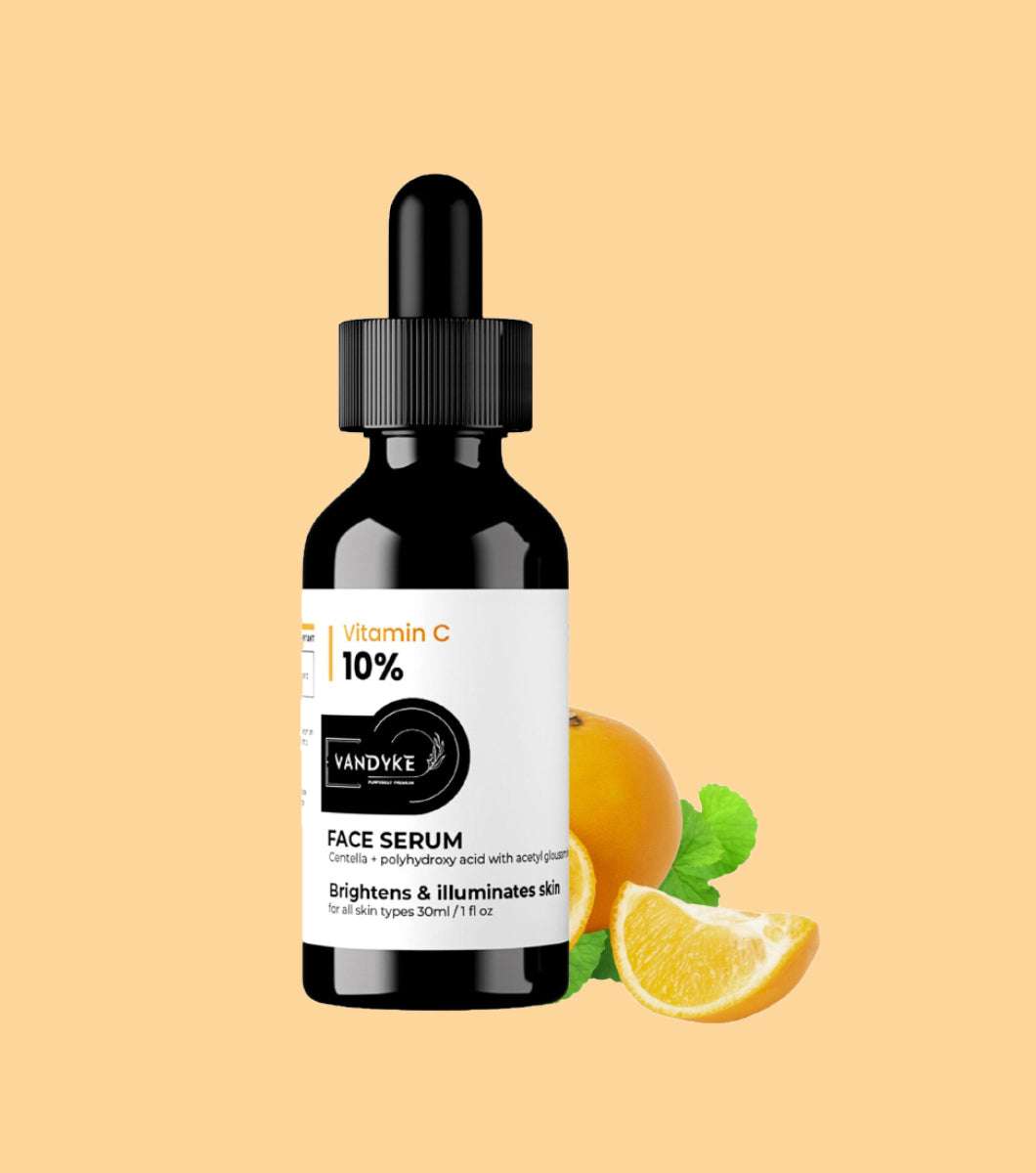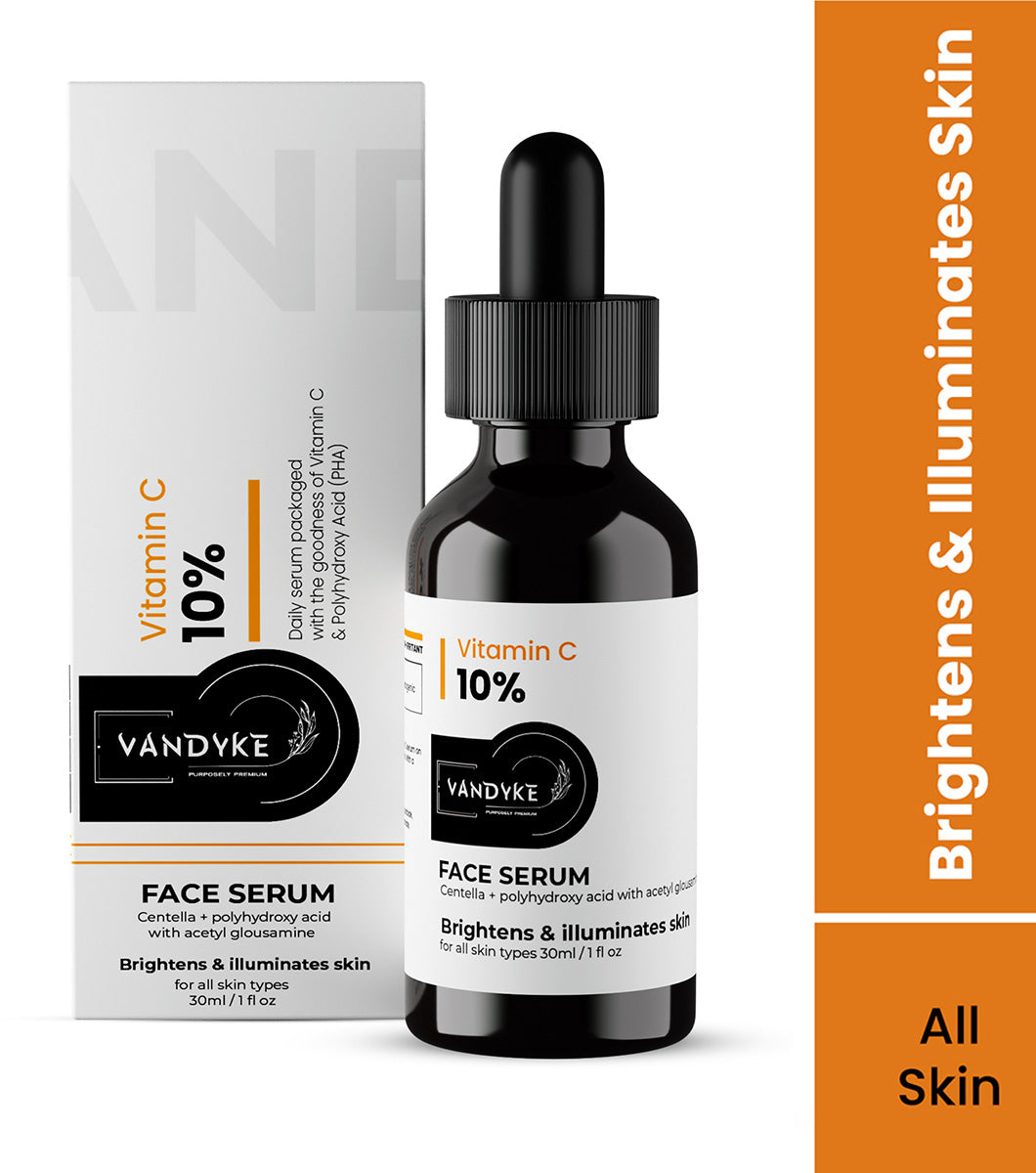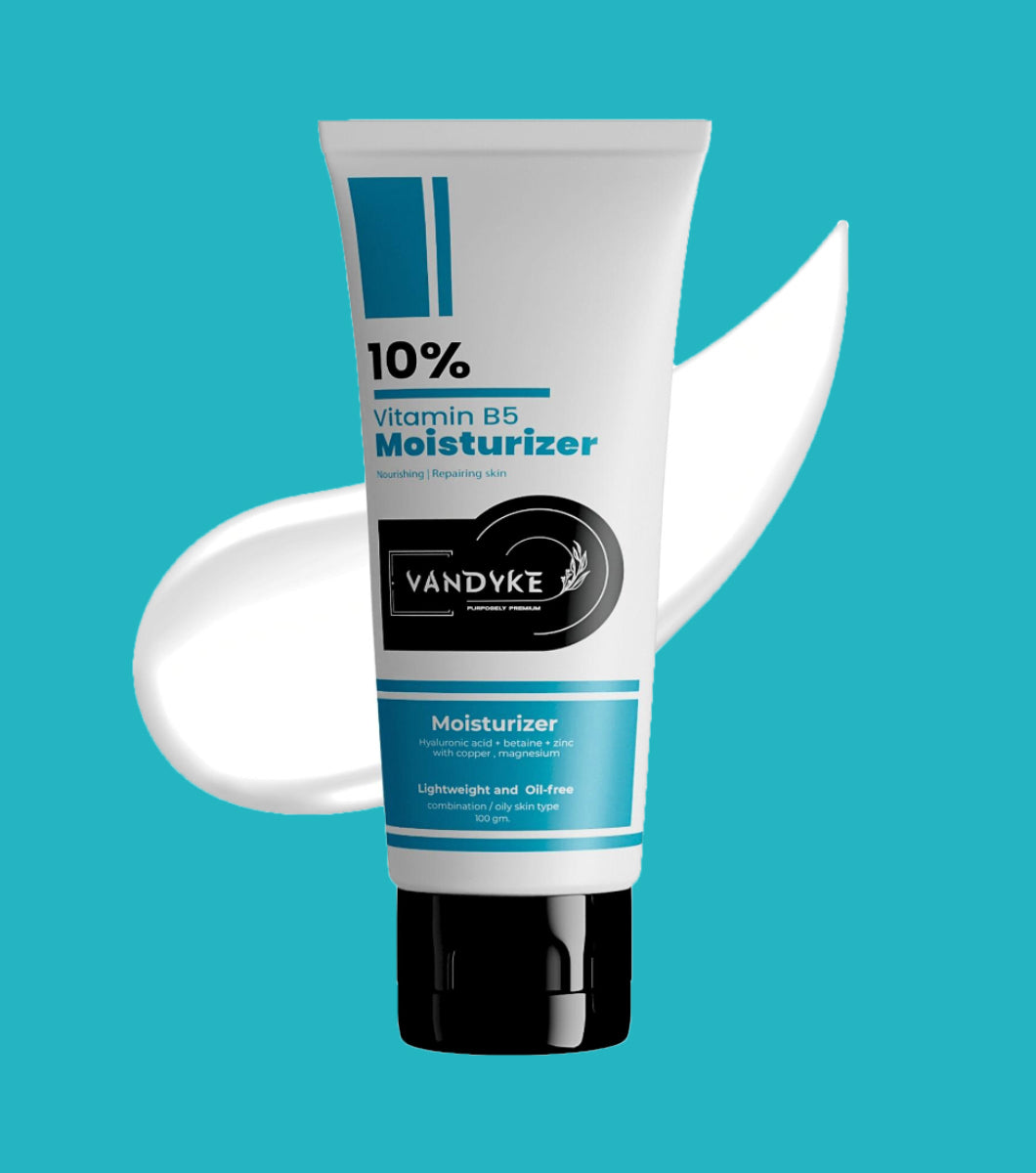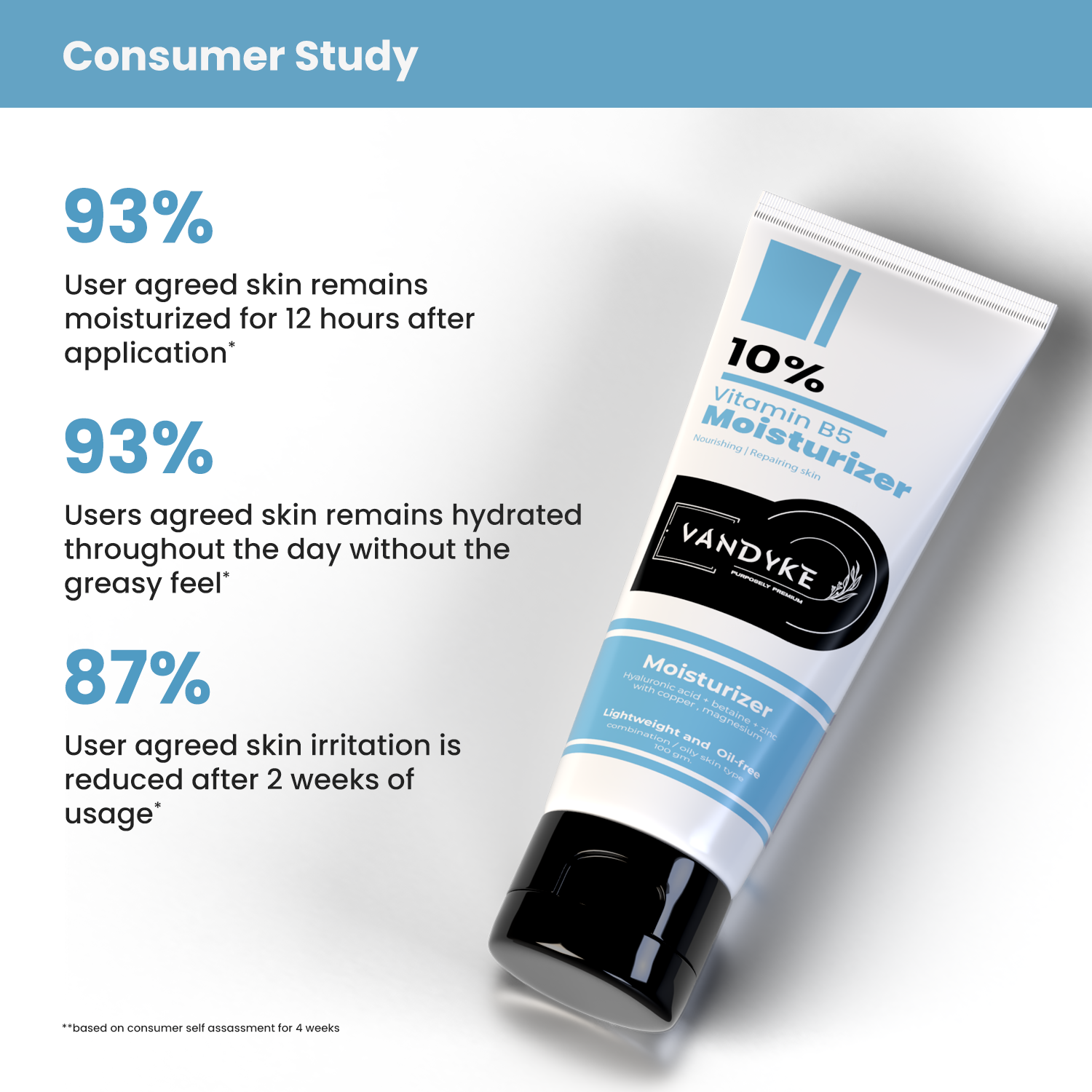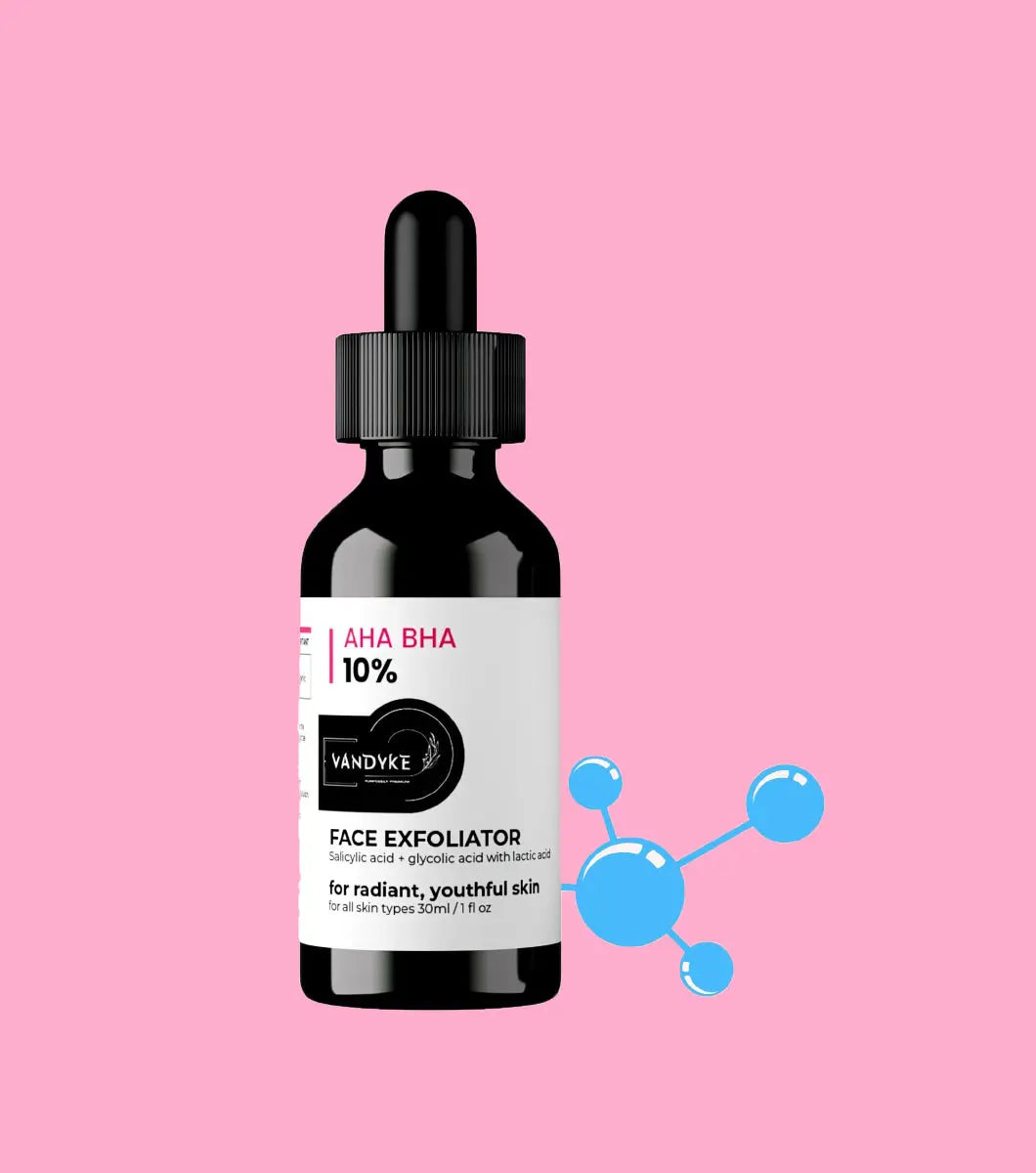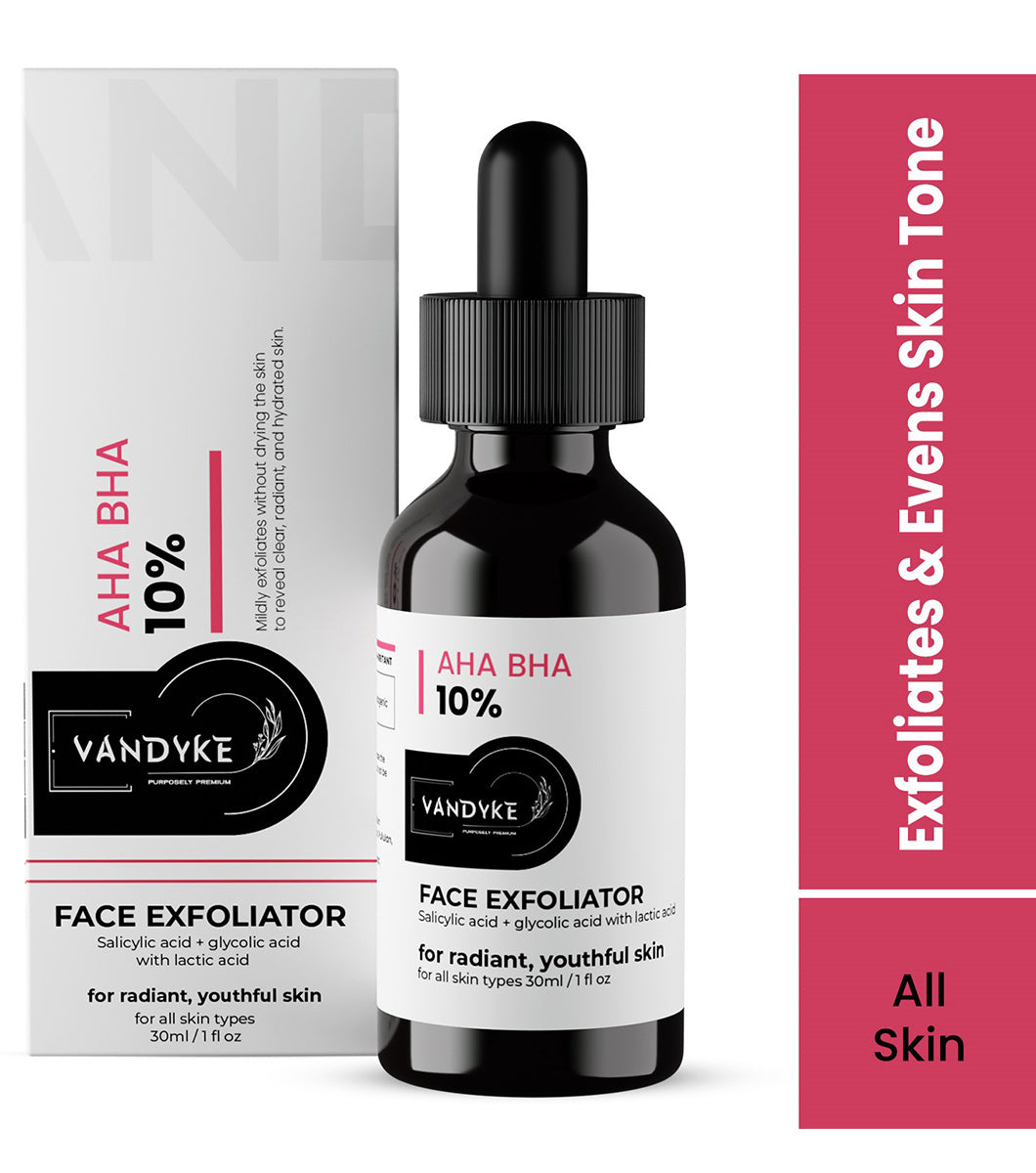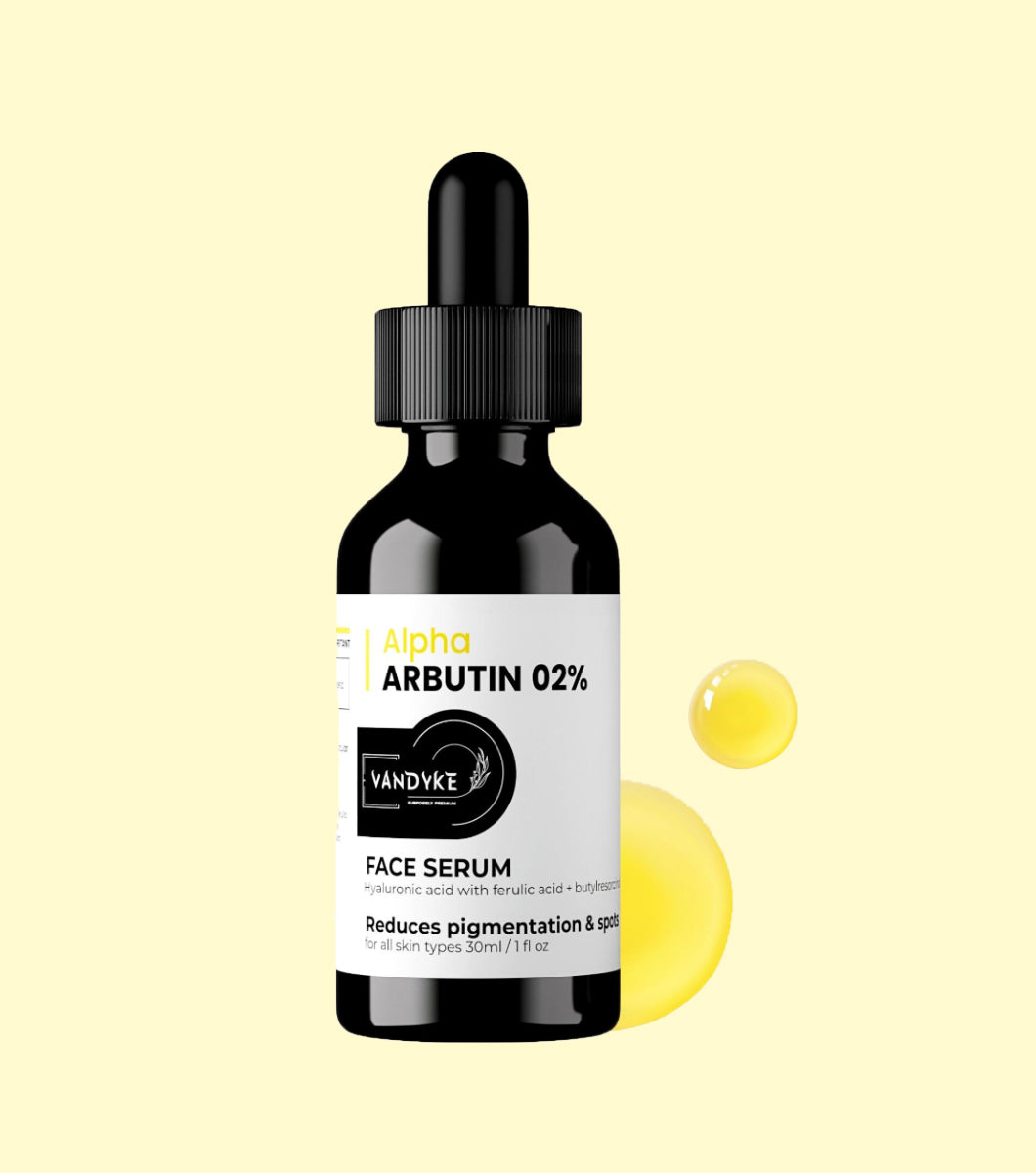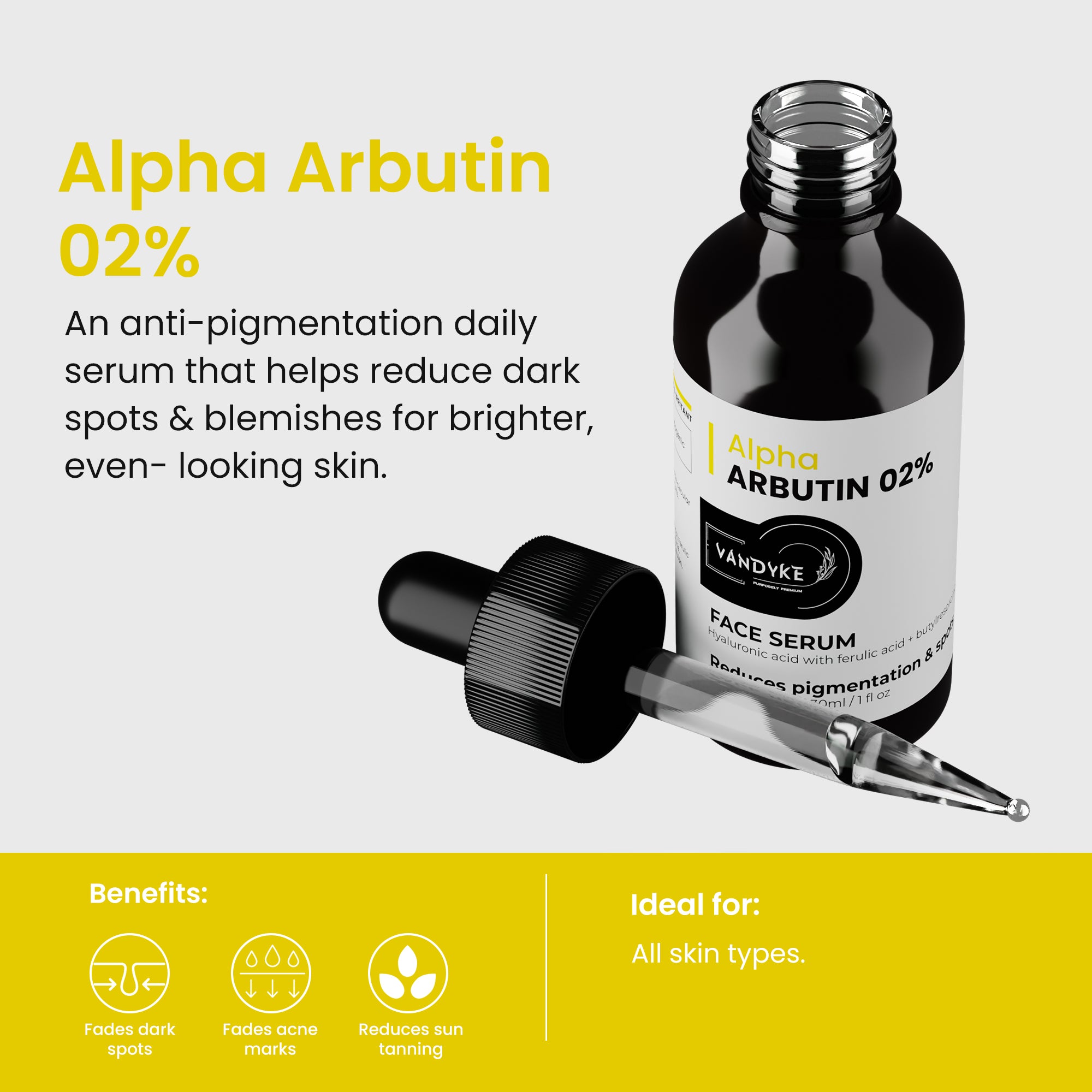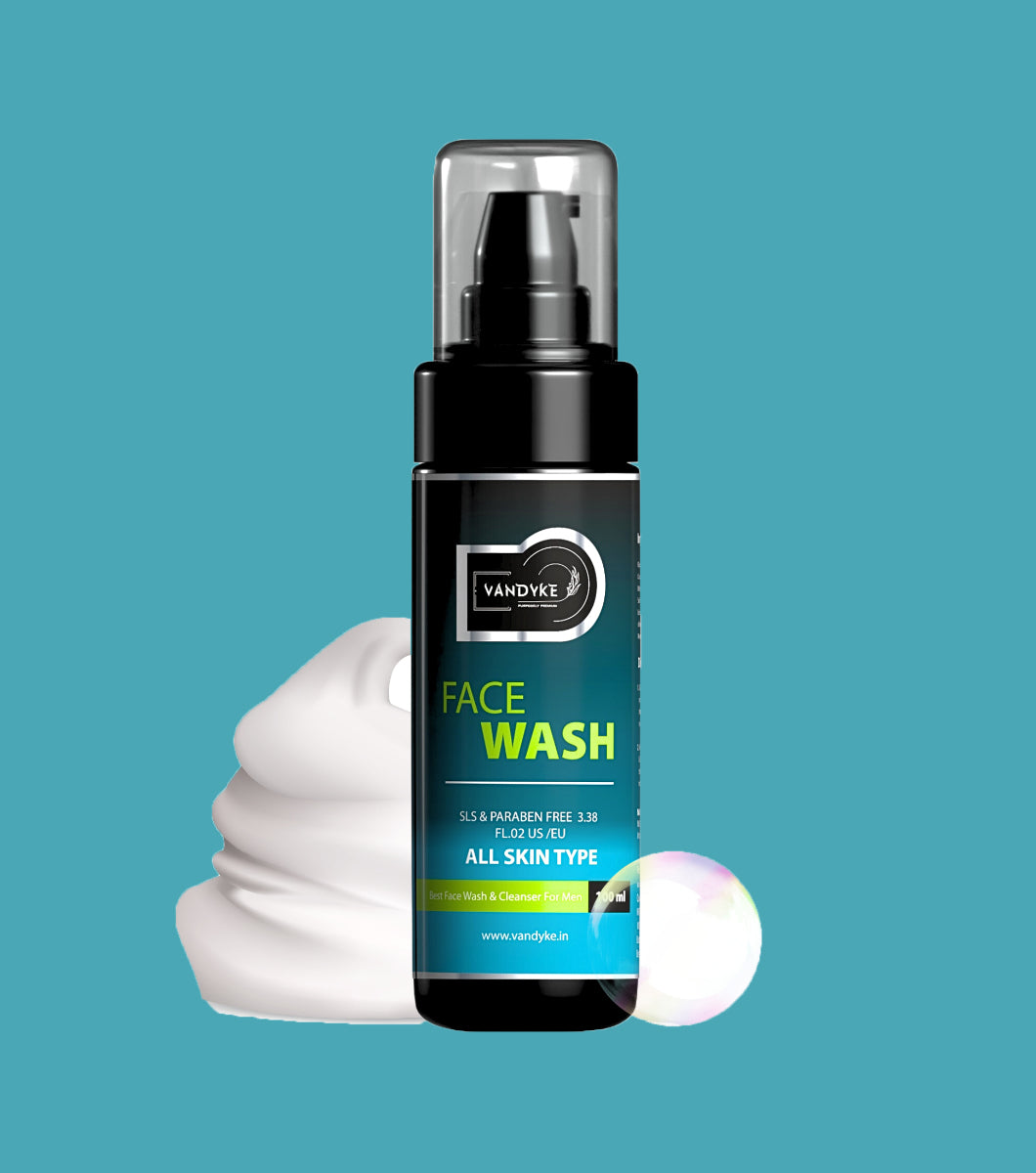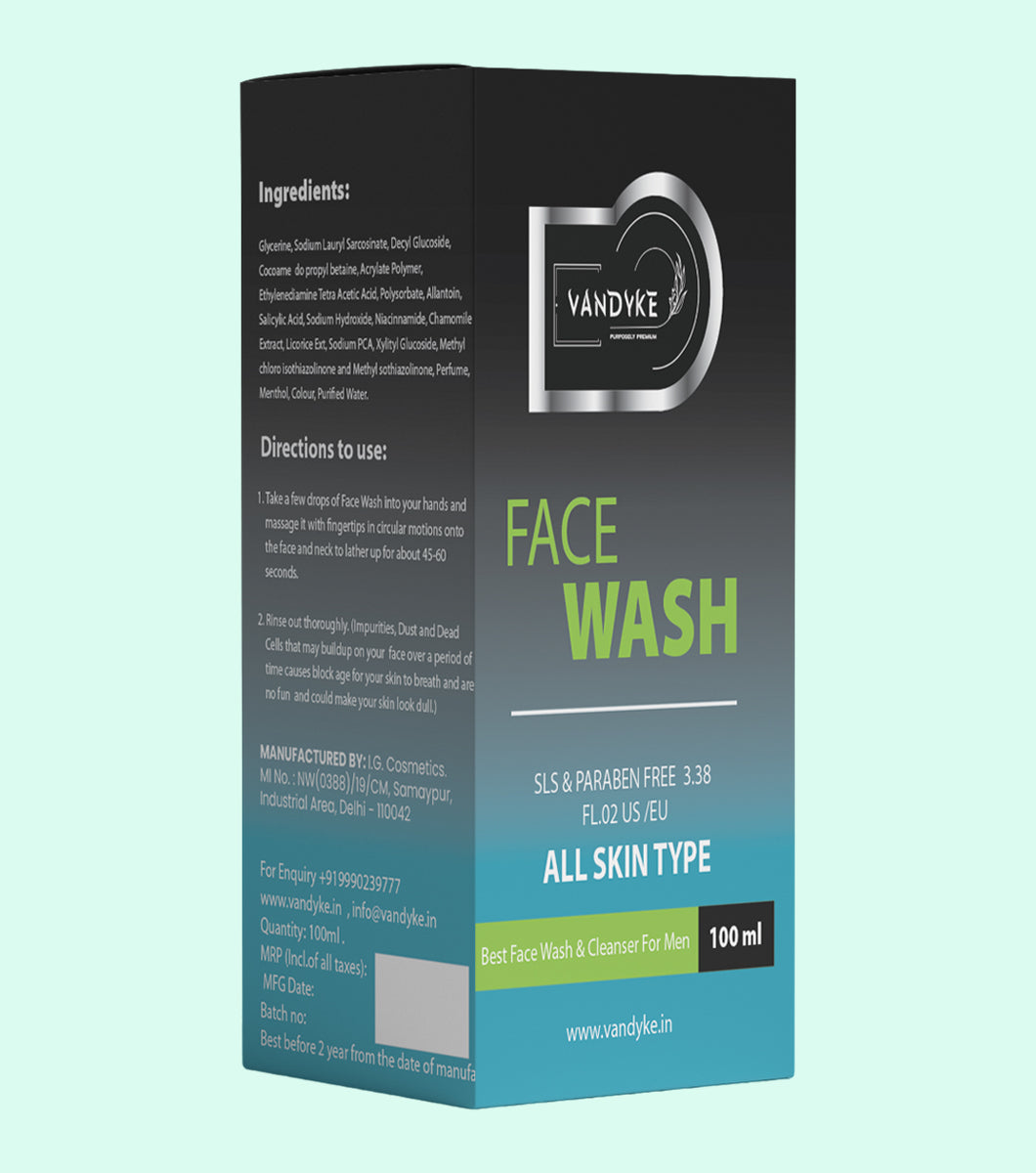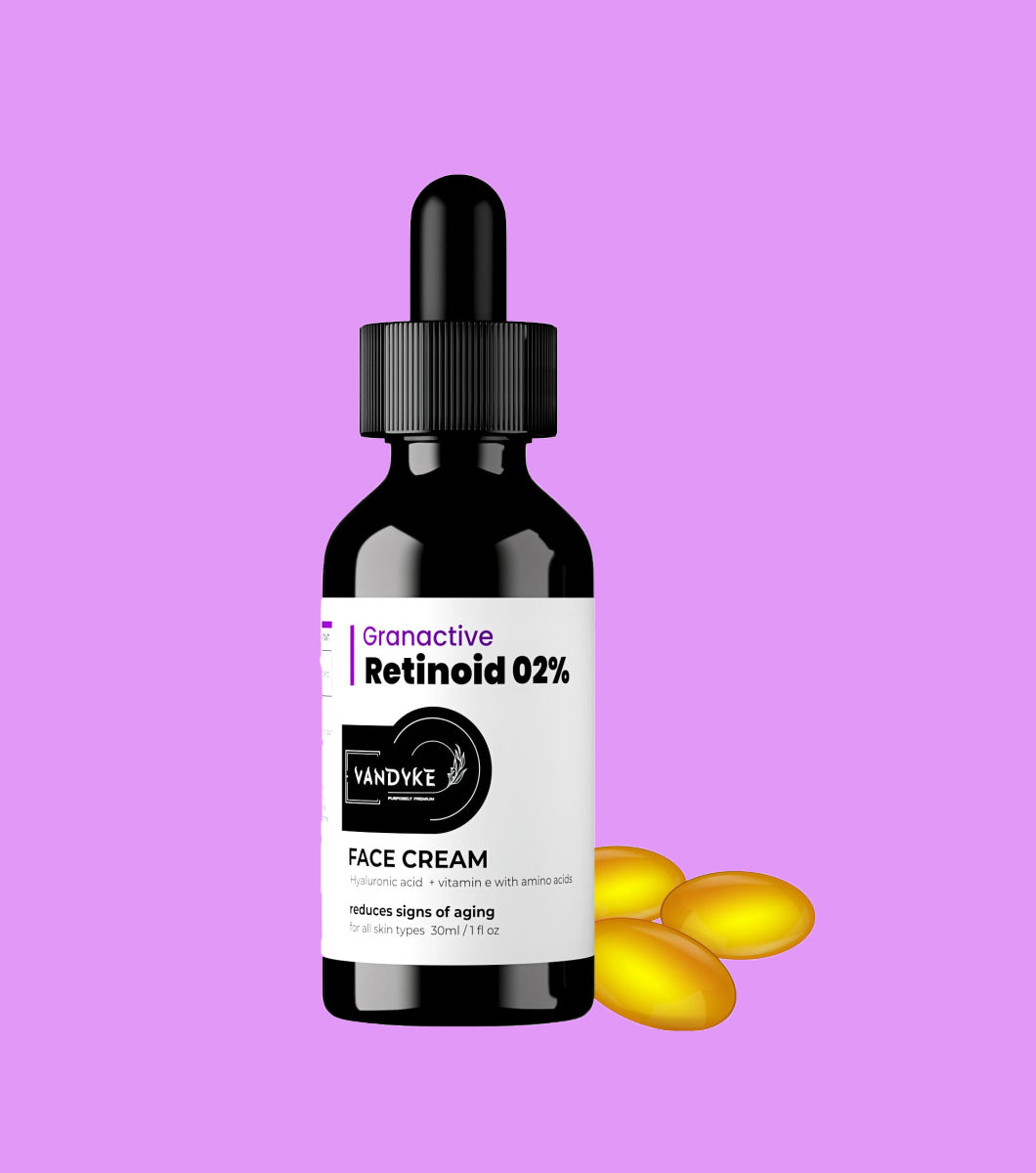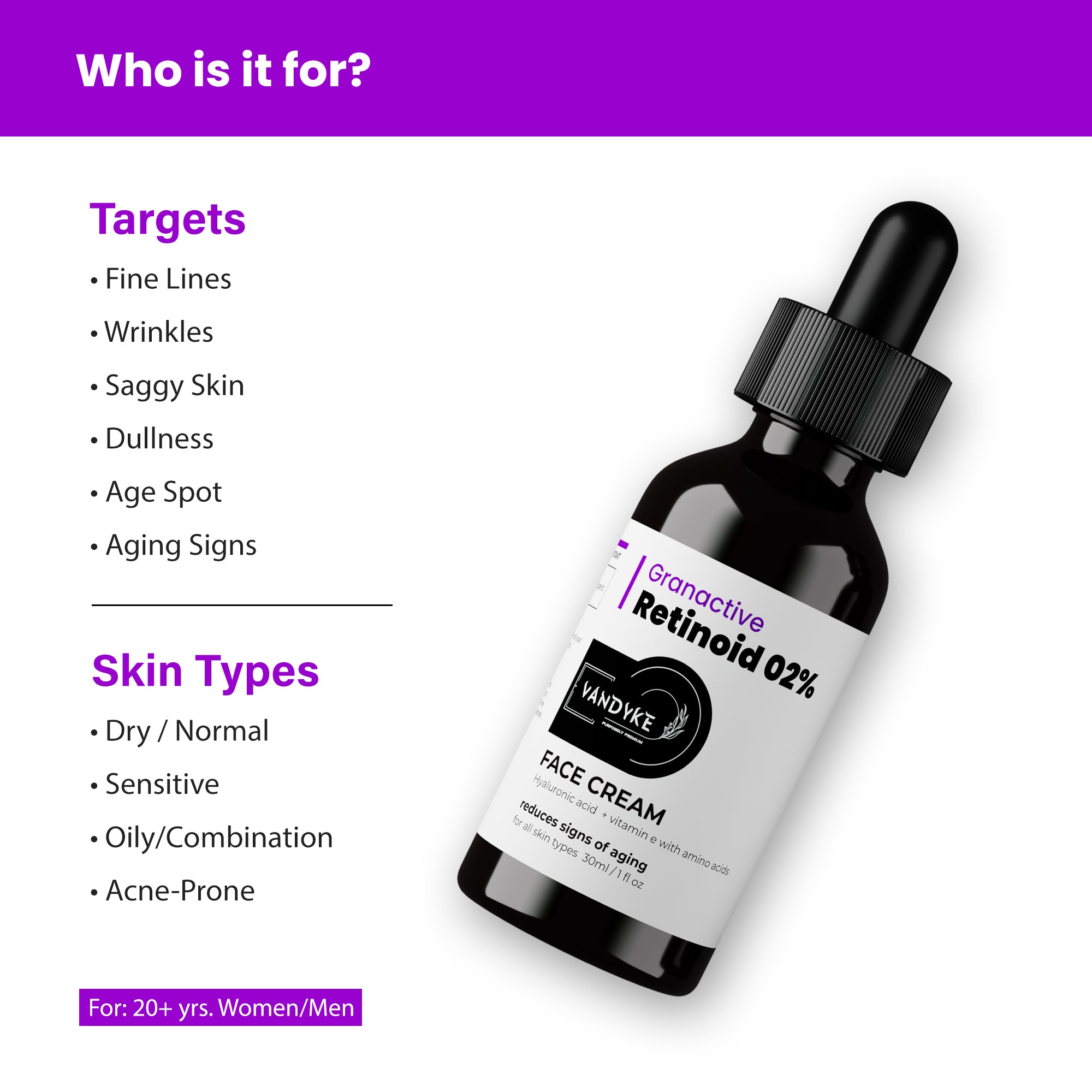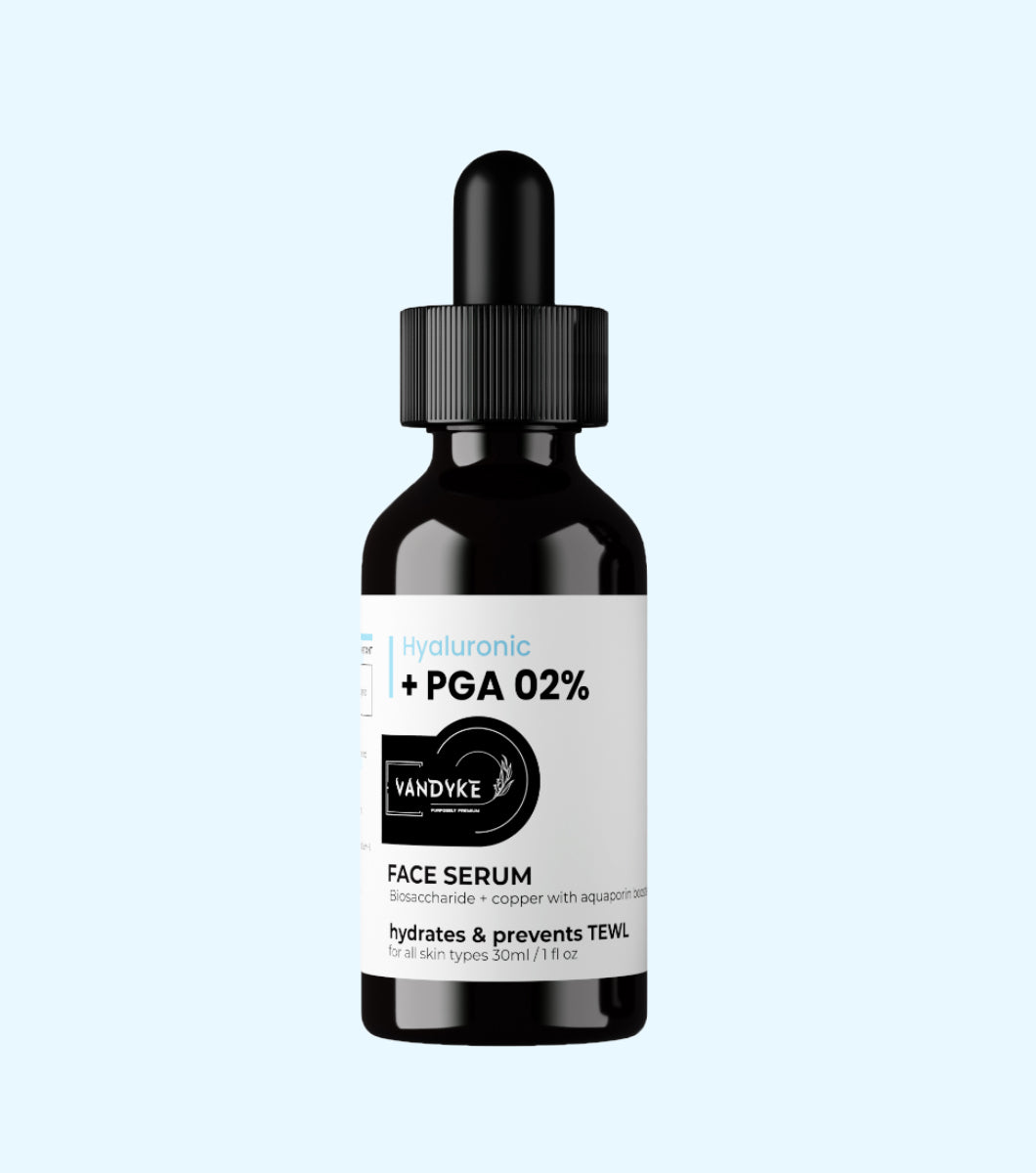
Matrixyl 3000 vs Copper Peptides Which Anti-Aging Peptide Is Right for You

Matrixyl 3000 vs Copper Peptides Which Anti-Aging Peptide Is Right for You?
Numerous innovations in the beauty and skincare industries have been motivated by the desire for youthful, glowing skin. Among these breakthroughs, the advent of anti-aging peptides has gotten a lot of attention. Matrixyl 3000 and Copper Peptides are two peptides that stand out in this sector. These potent chemicals promise to fight aging indicators including fine lines and skin firmness. Vandyke will go into the realm of peptides in this essay, concentrating on Matrixyl 3000 and Copper Peptides. We want to present a complete comparison that will allow you to make an informed decision about which peptide is best for your skincare objectives.
What are Peptides in Skincare?
Before we get into the details of Matrixyl 3000 and Copper Peptides, it’s important to understand the purpose of peptides in skincare. Peptides are short chains of amino acids, which are the basic components of proteins. Peptides are messengers in the context of skincare, signaling diverse biological activity in the skin.
Certain peptides have received recognition for their outstanding anti-aging properties. They have the ability to increase collagen formation, which is essential for preserving young skin. Collagen is the key structural protein in the skin that gives it firmness and flexibility. The natural synthesis of collagen reduces as we age, resulting in wrinkles and drooping skin. Anti-aging peptides come into play here.
What is Matrixyl 3000?
Matrixyl 3000 is a well-known and trustworthy peptide in the world of skincare. This unique molecule has garnered substantial popularity because of its exceptional capacity to boost collagen formation, making it a prefered alternative for people wishing to treat noticeable symptoms of aging in their skin. This strong mixture contains two different peptides, palmitoyl oligopeptide and palmitoyl tetrapeptide-7, which act together to stimulate collagen production, a key protein that plays an important part in preserving the skin’s firmness and young look. In essence, Matrixyl 3000 may be viewed as a major participant in the goal of healthier, more youthful skin by actively boosting collagen fiber regeneration, which can aid in the reduction of wrinkles and fine lines.
How Matrixyl 3000 Works
- Collagen Stimulation
Matrixyl 3000’s principal role is to stimulate the skin’s collagen production. Collagen is essential for skin firmness and preventing sagging.
- Reduction of Fine Lines
Fine lines and wrinkles may become less visible when collagen levels rise. The skin may seem smoother and younger.
- Improved Skin Texture
Matrixyl 3000 can help to improve skin texture, which is especially good for persons who have uneven skin.
- Skin Firmness
Increased collagen synthesis improves skin firmness and elasticity.
If you are looking for a product containing Matrixyl 3000 then you can use vandyke multi-peptides 10% face serum for your skin. This will be the best serum for your skin.
What are Copper Peptides?
Copper peptides are a separate family of peptides that are commonly used in the field of cosmetics. These one-of-a-kind compounds harness the power of copper, an essential trace metal that plays an important role in skin regeneration. Copper peptides are hypothesized to work as facilitators of the skin’s inherent systems, actively boosting and improving skin healing and rejuvenation processes.
In essence, copper peptides are thought to aid in the restoration of skin vitality by promoting skin cell regeneration and the preservation of a healthy, young complexion. Copper peptides are significant elements in the field of skincare because of their capacity to promote collagen and elastin formation, as well as their antioxidant characteristics, which contribute to the general health and beauty of the skin.
How Copper Peptides Work
- Skin Regeneration
Copper peptides are considered to boost the natural healing processes of the skin. This can result in skin regeneration and healing.
- Fine Line Reduction
Copper peptides, like Matrixyl 3000, may help minimize the appearance of fine wrinkles, contributing to smoother skin.
- Enhanced Skin Health
Copper peptides provide a larger variety of advantages, including the ability to improve overall skin health and texture.
- Even Skin Tone
These peptides may aid in obtaining a more uniform skin tone, making them appropriate for persons who have pigmentation issues.
Distinguishing Matrixyl 3000 and Copper Peptides
As we compare Matrixyl 3000 and Copper Peptides, it’s essential to highlight their key distinctions:
Primary Action
- Matrixyl 3000
It is very popular for treating fine lines, wrinkles, and sagging skin.
- Copper Peptides
Copper peptides address a broader variety of issues, such as uneven skin tone, damaged skin, and general skin health.
Targeted Concerns
- Matrixyl 3000
It is particularly favored by those addressing fine lines, wrinkles, and sagging skin.
- Copper Peptides
Copper peptides encompass a wider range of concerns, including uneven skin tone, damaged skin, and overall skin health.
Compatibility
- Matrixyl 3000
This peptide is frequently compatible with a wide range of skincare products and regimens, making it an adaptable option for anti-aging regimens.
- Copper Peptides
While copper peptides are typically well-tolerated, they may have particular interactions with other skincare compounds that require careful consideration.
Suitability for Skin Type
- Matrixyl 3000
This peptide is ideal for most skin types, especially those looking to improve skin firmness.
- Copper Peptides
Copper peptides are generally well-tolerated, although people with sensitive or reactive skin may consider patch testing before using them on a large scale.
Texture and Application
- Matrixyl 3000 and Copper Peptides are both available in a variety of skincare products such as serums, creams, and lotions. This adaptability guarantees that it is simple to incorporate into your skincare routine.
Choosing the Right Peptide for You
The best peptide for your skincare programme is ultimately determined by your specific skin issues and goals. Consider the following differences between Matrixyl 3000 and Copper Peptides to make an educated decision:
- Matrixyl 3000
This peptide is the best choice if your major priority is reducing fine lines, wrinkles, and skin sagging. Matrixyl 3000 is well-known for its collagen-boosting properties, giving it a unique option for combating these specific indications of aging.
- Copper Peptides
Copper Peptides may be more suited to your needs if you are struggling with a broader range of skin disorders, such as uneven skin tone, damaged skin, and an overall goal for skin regeneration. These peptides have restorative effects that go beyond simply stimulating collagen, making them a flexible remedy for a variety of skincare issues.
In conclusion, the decision between Matrixyl 3000 and Copper Peptides should be based on your specific skin care objectives. Matrixyl 3000 may be a good choice if you have specific aging problems. Copper Peptides, on the other hand, may be the prefered alternative for your skincare regimen if you want a more multidimensional approach to addressing multiple skin conditions and improving overall skin health.
Potential Interactions with Other Skincare Products
Take into account any potential interactions with other items in your skincare routine. Patch testing copper peptides is recommended, especially if you have sensitive or reactive skin.
Consistency is Key
Whatever you choose, it’s critical to include these peptides into your skincare regimen on a regular basis. Skincare outcomes frequently need time and patience. It is critical to stick with your selected peptide product in order to reap the maximum advantages.
In Conclusion
Matrixyl 3000 and Copper Peptides each have significant advantages. Your choice should be guided by your specific skin care requirements and goals. Regardless of your preference, incorporating these peptides into your skincare regimen can help to healthier, more youthful-looking skin over time if used consistently.



